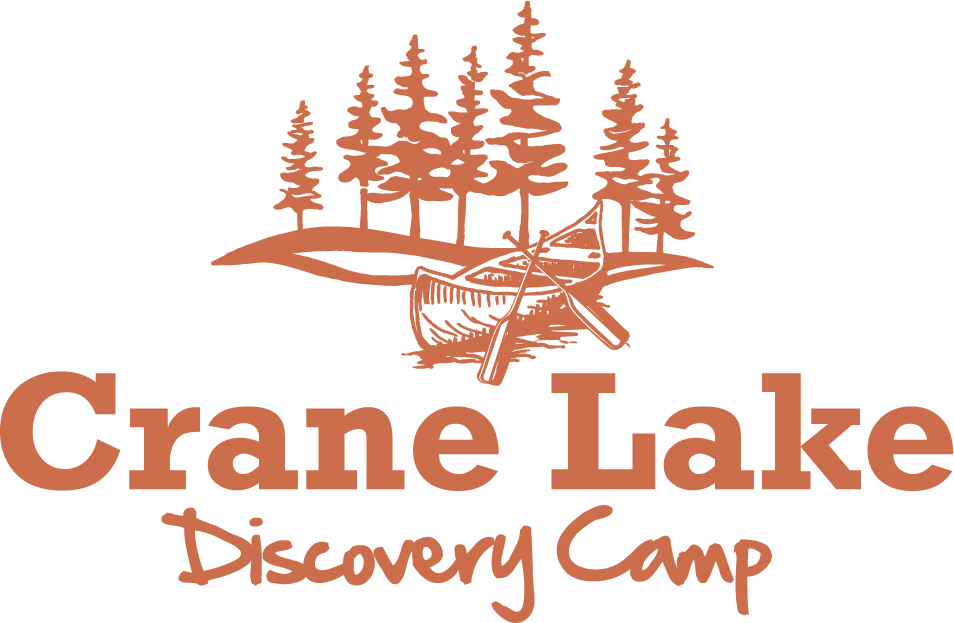
Our story
About the camp
Crane Lake Discovery Camp was founded in 2004 as a boy’s camp in the Muskokas, using the wilderness therapy methodology developed by Campbell Loughmiller.
Since the first summer sessions were run in 2005, the program has developed and grown. Over 250 boys have come through our doors since the early days, continuing the legacy of Ben and Artrude Doell. Lives have been changed, boys leaving camp more able to get along with others, work hard, and accomplish their goals.
As effective as the summer program has been, our founder Ron Weber always knew there were boys slipping through the cracks, who needed more than what a summer program could provide. So in 2020, we began the work of upgrading our infrastructure to be able to withstand a Muskoka winter in all its beauty and ruggedness.
Our successful Winter Pilot in 2022-2023 tested all our buildings and equipment, opening the door to expand our program.
We welcomed our first group of year-round campers in 2023. Our goal is to host 40 boys year-round by 2030.
Therapeutic wilderness camping
Campbell Loughmiller was an early pioneer in the development of therapeutic wilderness camping. His philosophy became the foundation for Crane Lake Discovery Camp and other camps around the world.
“Chief Lock”, as he was known, began experimenting with wilderness camping in helping troubled youth in the 1940’s, with the help of Buford McKenzie and the financial backing of the Salesman Club of Dallas.
Loughmiller discovered that boys living as a group in the wilderness, with the mentoring of counsellors, made huge strides in overcoming personal problems. Through group work, boys gained confidence and learned ways of navigating life that helped them be successful.
Loughmiller was also an avid naturalist. He naturally incorporated experiential education into the program, insisting that all boys want to learn, and modeling how to awaken youth’s natural curiosity. He wrote about his experiences in his books, Wilderness Way and Kids in Trouble. Though his language is now dated, his methodology remains effective.
Many camps were founded on this philosophy. In recent years, these camps formed an association of camps called the Wilderness Road Therapeutic Camping Association.
The legacy of Ben and Artrude Doell
Ben Doell was an engineer with the Ministry of Natural Resources. While rebuilding the dam at Crane Lake, he fell in love with the property, dreaming it could become a place of Christian ministry. He and his wife Artrude bought it in 1960, maintaining zoning as a camp throughout the decades that followed.
In 2000, just prior to working at Bald Eagle Boys Camp, Ron Weber heard about the property from a friend and together they went to visit Crane Lake. In 2002, nearing the end of his term at Bald Eagle, Ron called Ben to talk about his growing conviction that Ontario needed a camp like Bald Eagle. Ben invited him to submit a proposal to purchase the property.
In the fall of 2003, Ron and the fledgling board of Crane Lake Discovery Camp presented their proposal to Ben and Artrude. Sharing the group’s vision, they gave them very favourable conditions, without which the purchase could not have been possible. In 2004, the property was sold to Crane Lake Discovery Camp.
History of our founder, Ron Weber
A dream was planted
Crane Lake Discovery Camp’s founder and Executive Director, Ron Weber, was first exposed to therapeutic wilderness camping at the age of 19 at Fair Play Camp School in South Carolina. Two years later, in 1991, he joined the camp as a volunteer counsellor. During a staff training session, counsellors were asked to write out a dream for their lives. Ron shared his vision of a camp similar to Fair Play in his home province of Ontario. Therapeutic wilderness camping had changed his life, and he saw its impact on campers. He felt strongly that he needed to share what he had learned with at-risk youths in Ontario.
Preparation years
After completing his term at Fair Play, Ron returned to Ontario, where he worked on the family farm, in construction, and in sales for a lumber company for several years. He met his wife Cindy, who grew up helping at-risk boys and shared his dream of camp work. Her family had run group homes for boys, and shared his vision.
Group Work Supervisor at Bald Eagle
In 2000, Ron, Cindy, and their children moved to Bald Eagle Boys Camp in Pennsylvania, where Ron worked as the Group Work Supervisor for two years. His term at Bald Eagle was foundational, giving him the skills and training he needed to open a camp in Ontario. In the early part of his term, he toured the property at Crane Lake.
Coming home to Ontario
In 2002, they settled into their home in Linwood, Ontario. Ron once again returned to visit Ben Doell, camping with his family on the property. Ron talked about his vision of an Ontario camp for boys with family, friends, and anyone else who would listen. Together, they began the non-profit and submitted a proposal to Ben. Ben resonated with their vision and gave them very favourable terms. The property was transferred to the fledgling charity in 2004.
The growing years
In the fall of 2004, Ron organized two canoe trips with teenaged boys to explore the property and its surroundings. In 2005, Ron and the developing Crane Lake team ran the first summer sessions with campers from a group home; that year the Voyagers camp site was built.
Throughout the next years, camp was run during summer months, with Ron and Cindy and other staff living at camp during the summer and returning to winter homes and jobs during the off-season.
Ron and Cindy were joined by Tom and Rita Weber for many years, and Ron and Tom formed a construction company to fund their summer work. Together both couples and their families spent many summers on the property, running the program and forming a strong foundation for the future of camp.
Many volunteers and staff also lived and worked at camp, contributing skills in building, cooking, mentoring, leadership, painting, drywalling, tree stewardship, and bridge-building, among other things.
Crane Lake Discovery Camp, which is a member of the Wilderness Road Therapeutic Camping Association, is the first camp of its kind in Canada. But unlike the other camps, which run a year-round program, it only ran a summer program.
What would it take to go the next step?
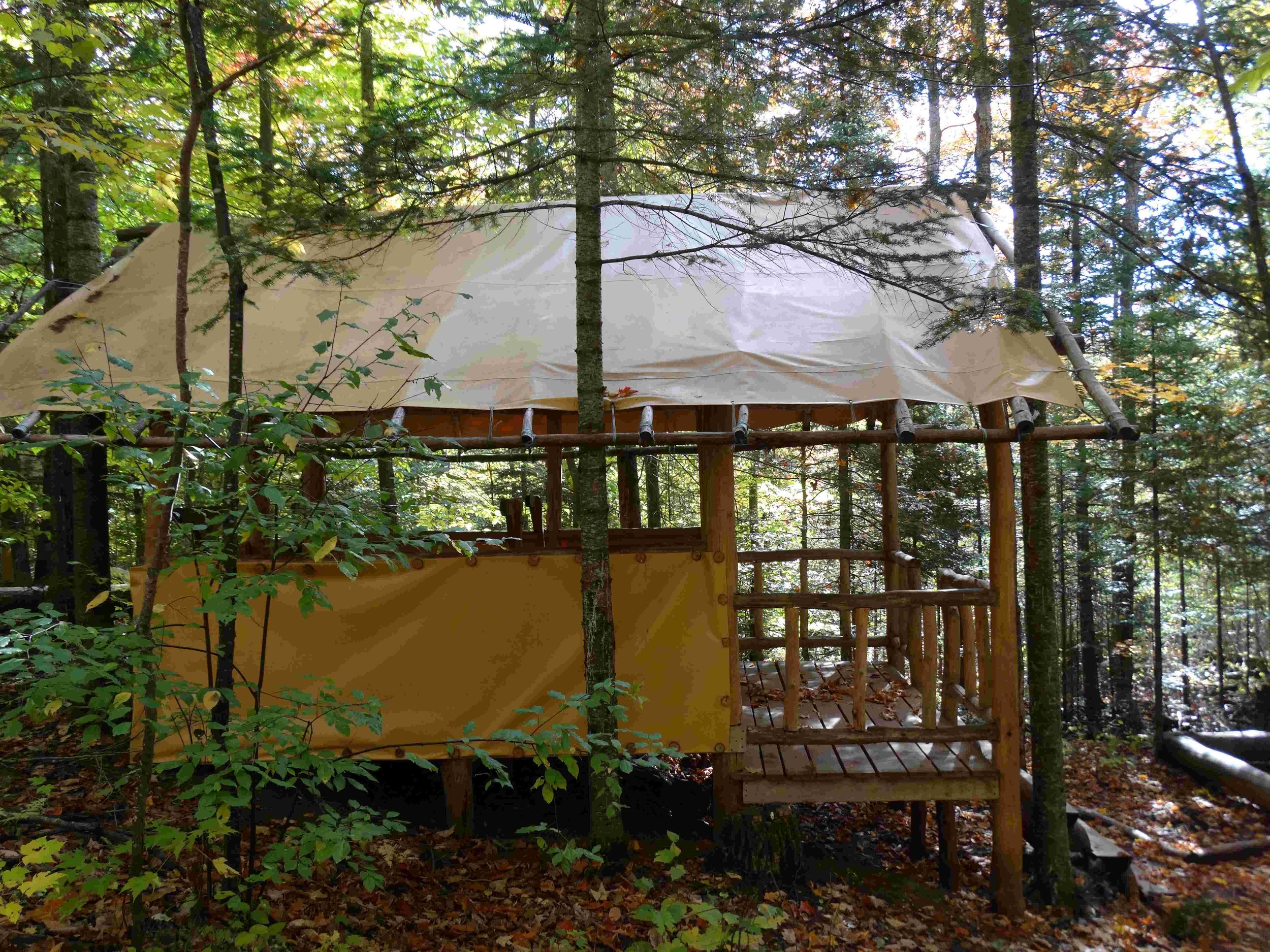
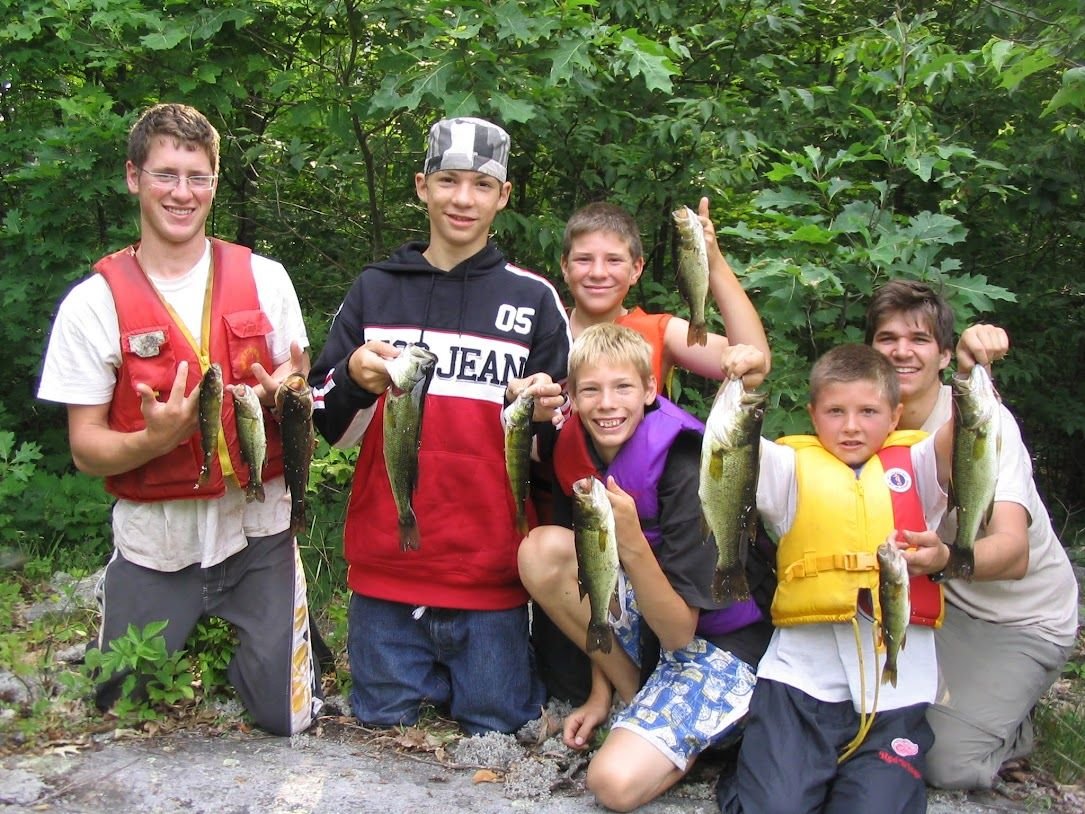
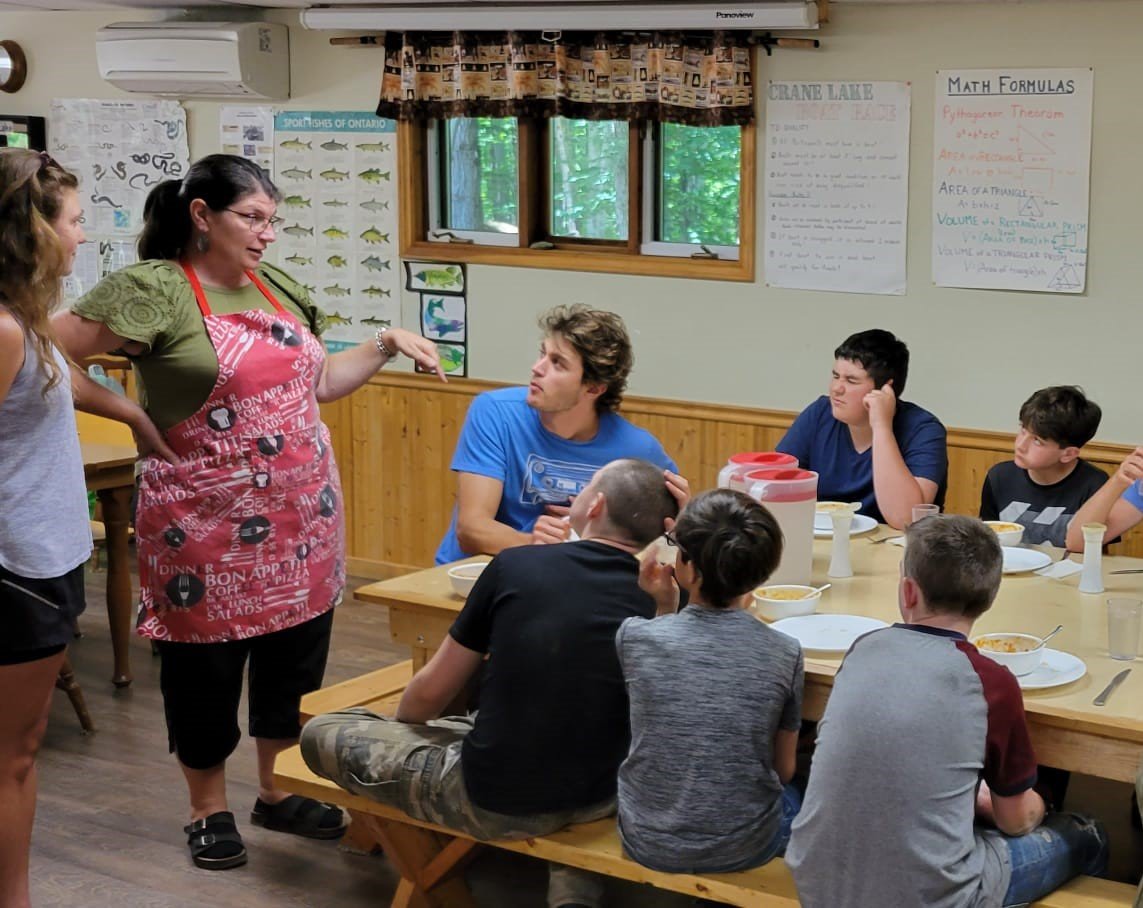
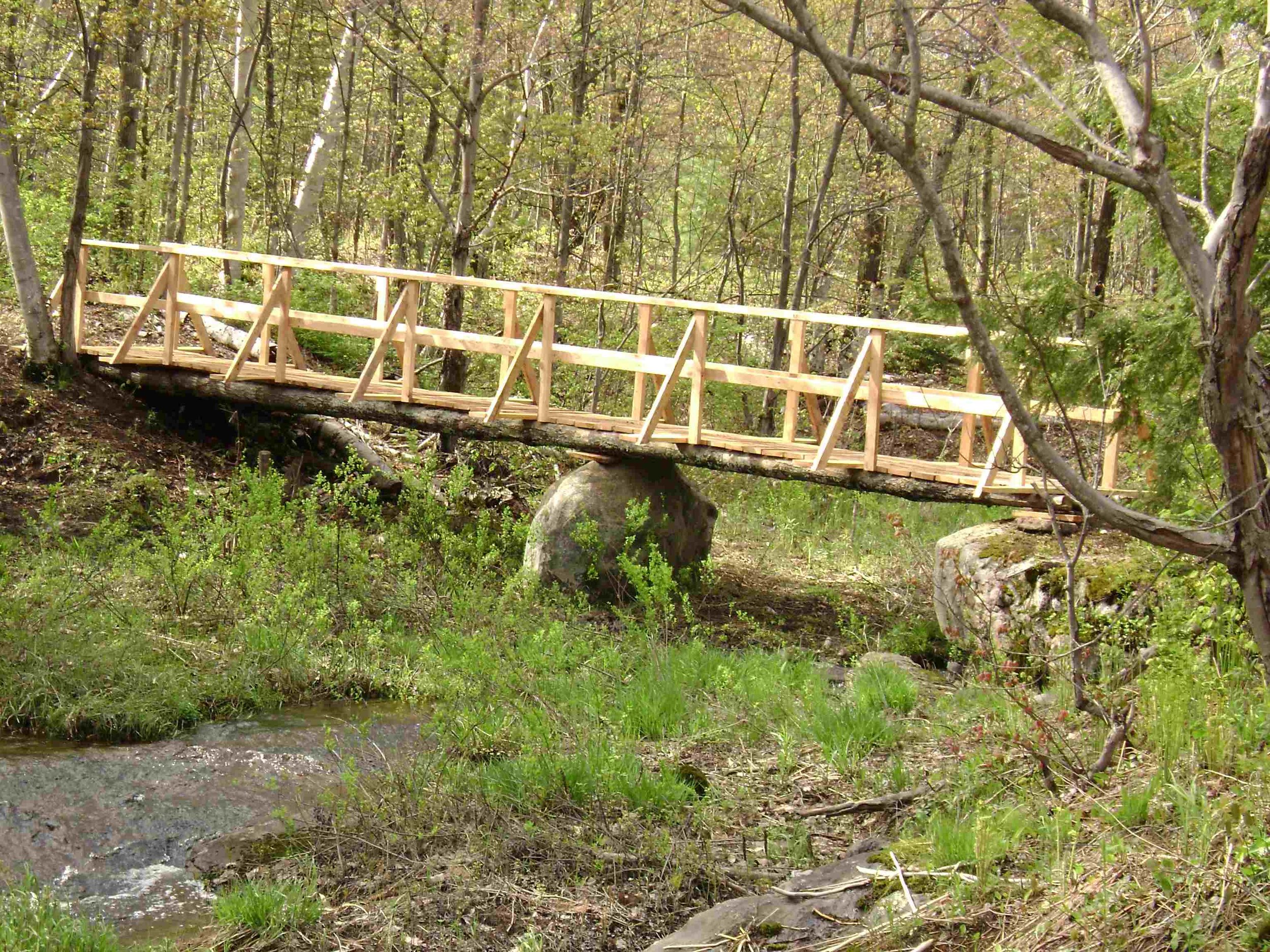
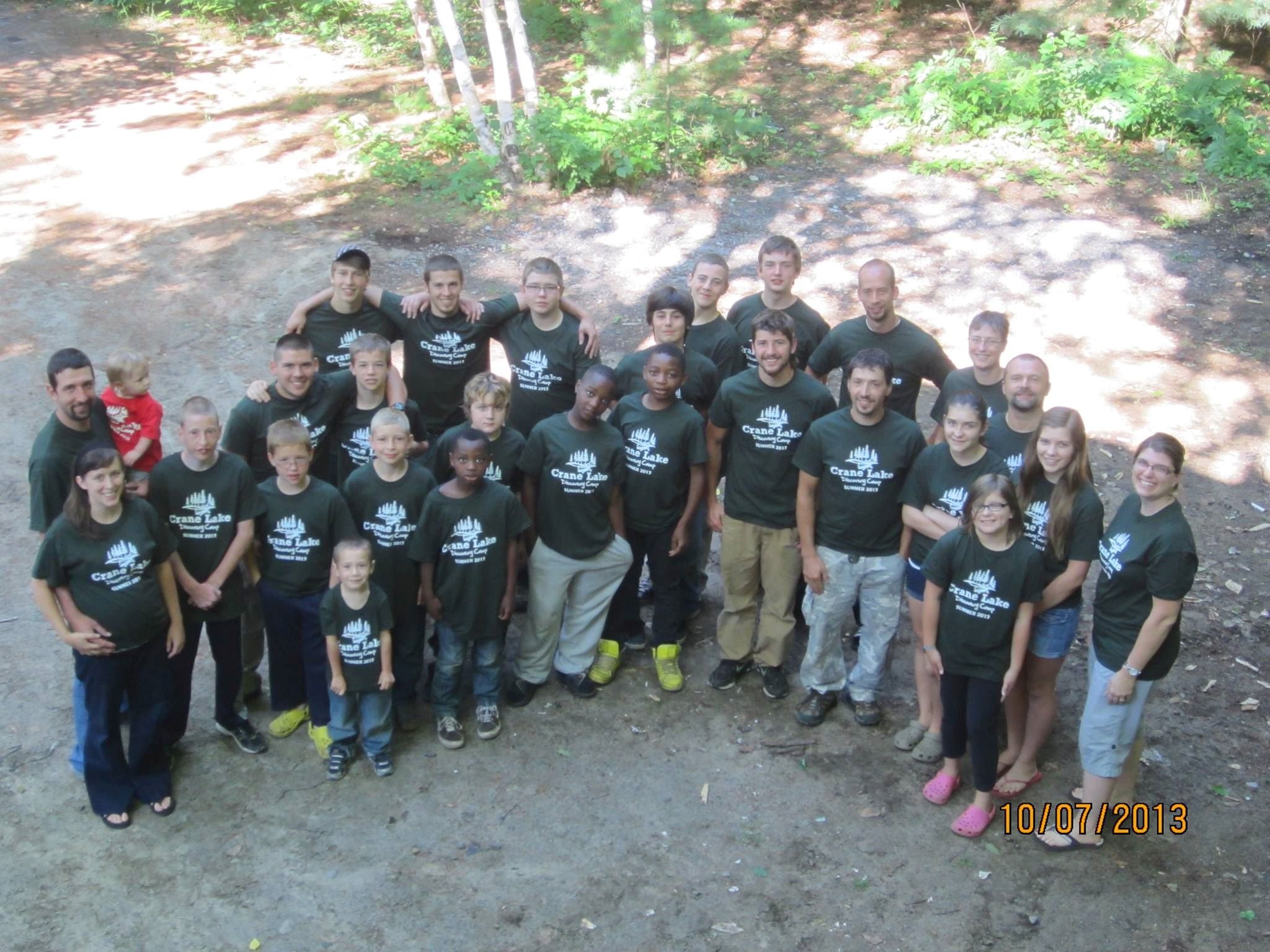
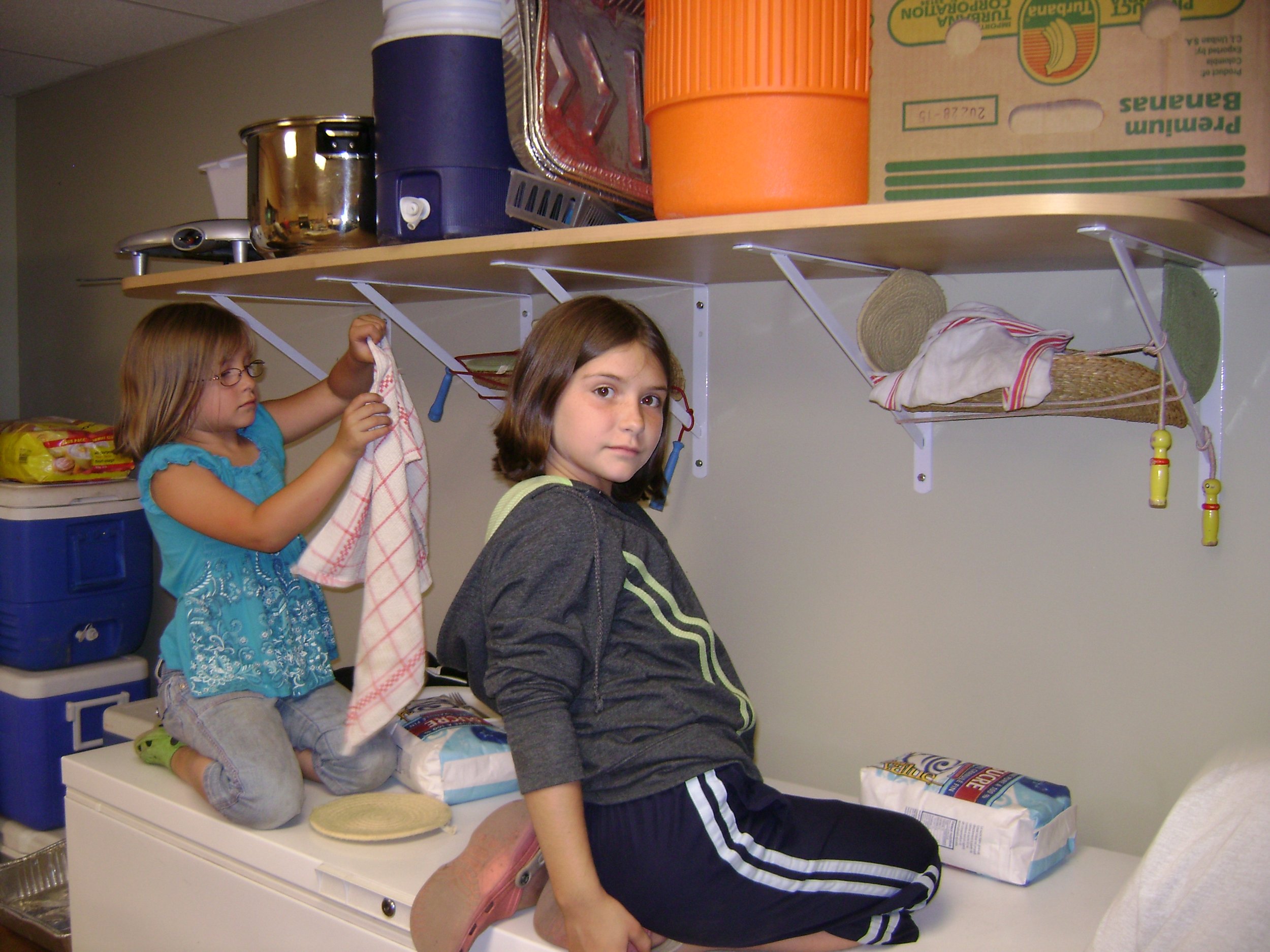
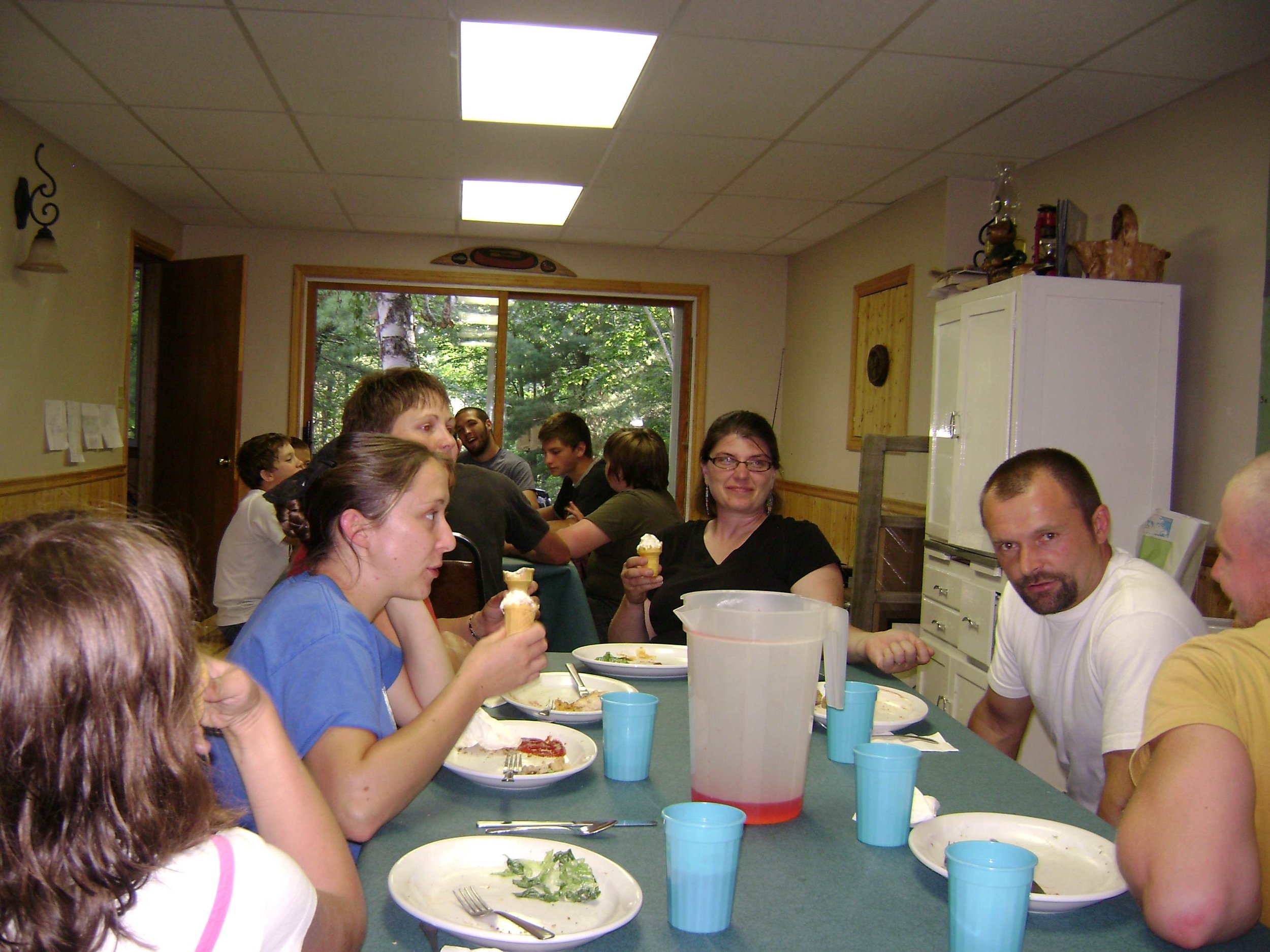
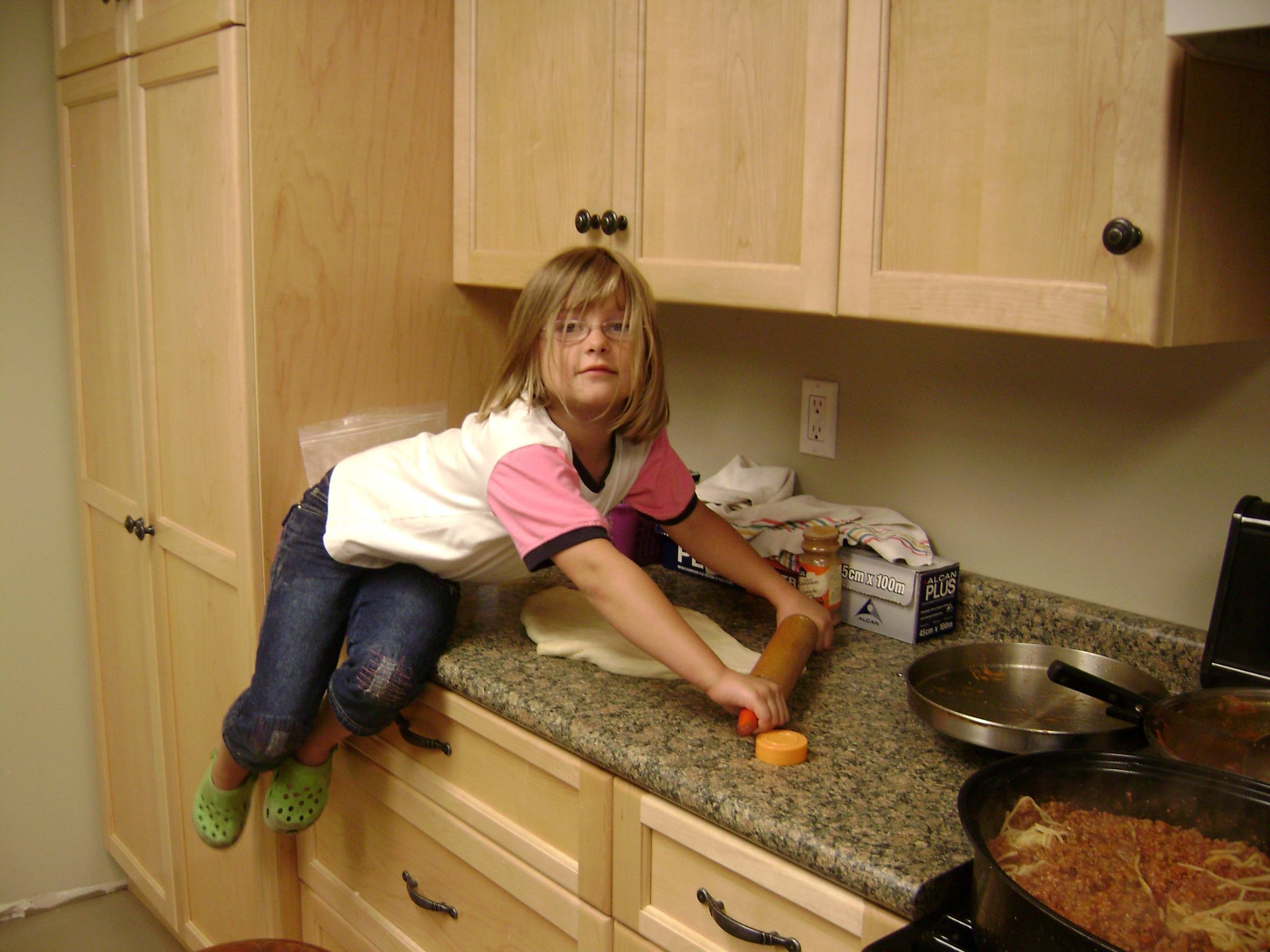
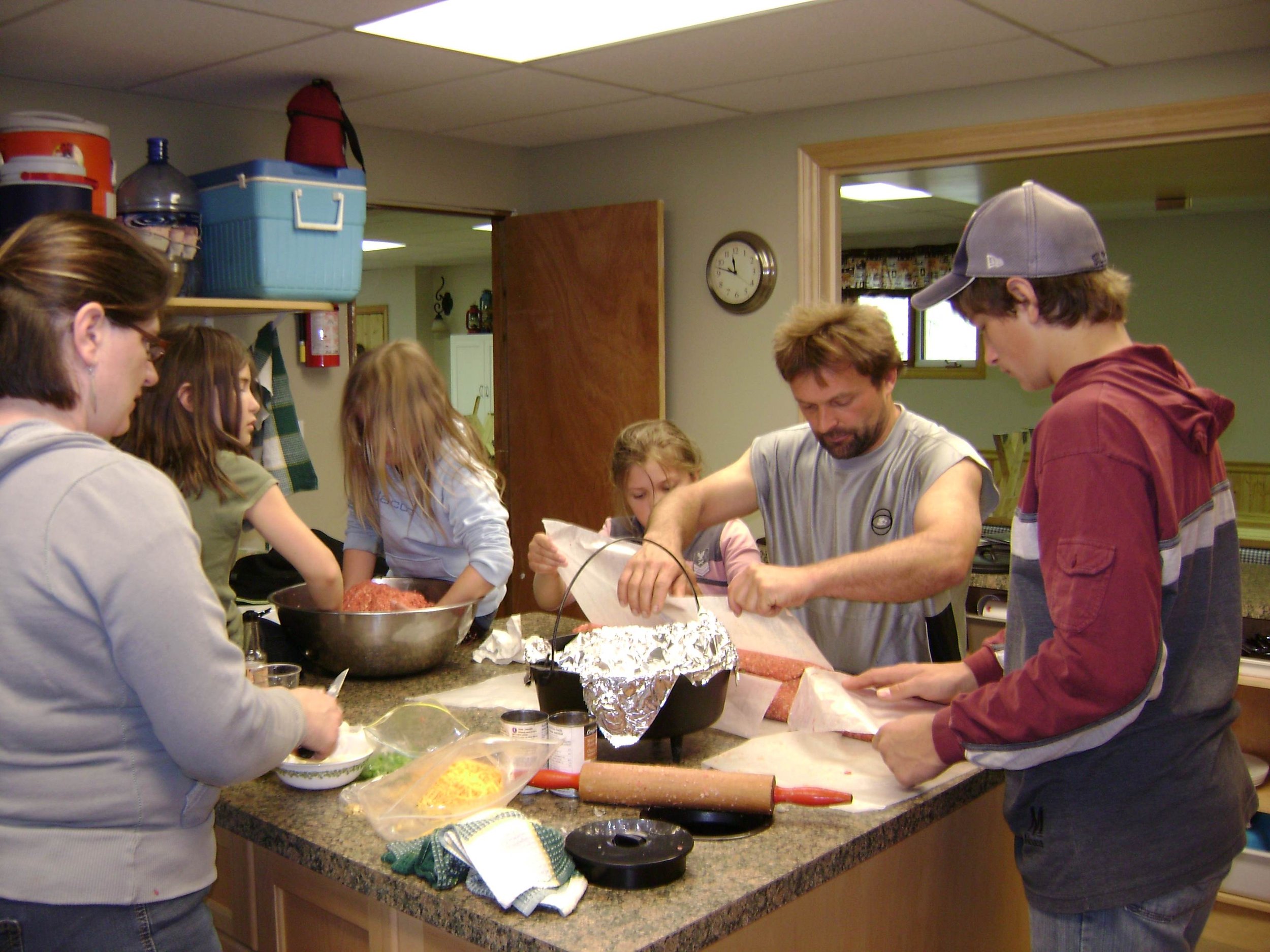
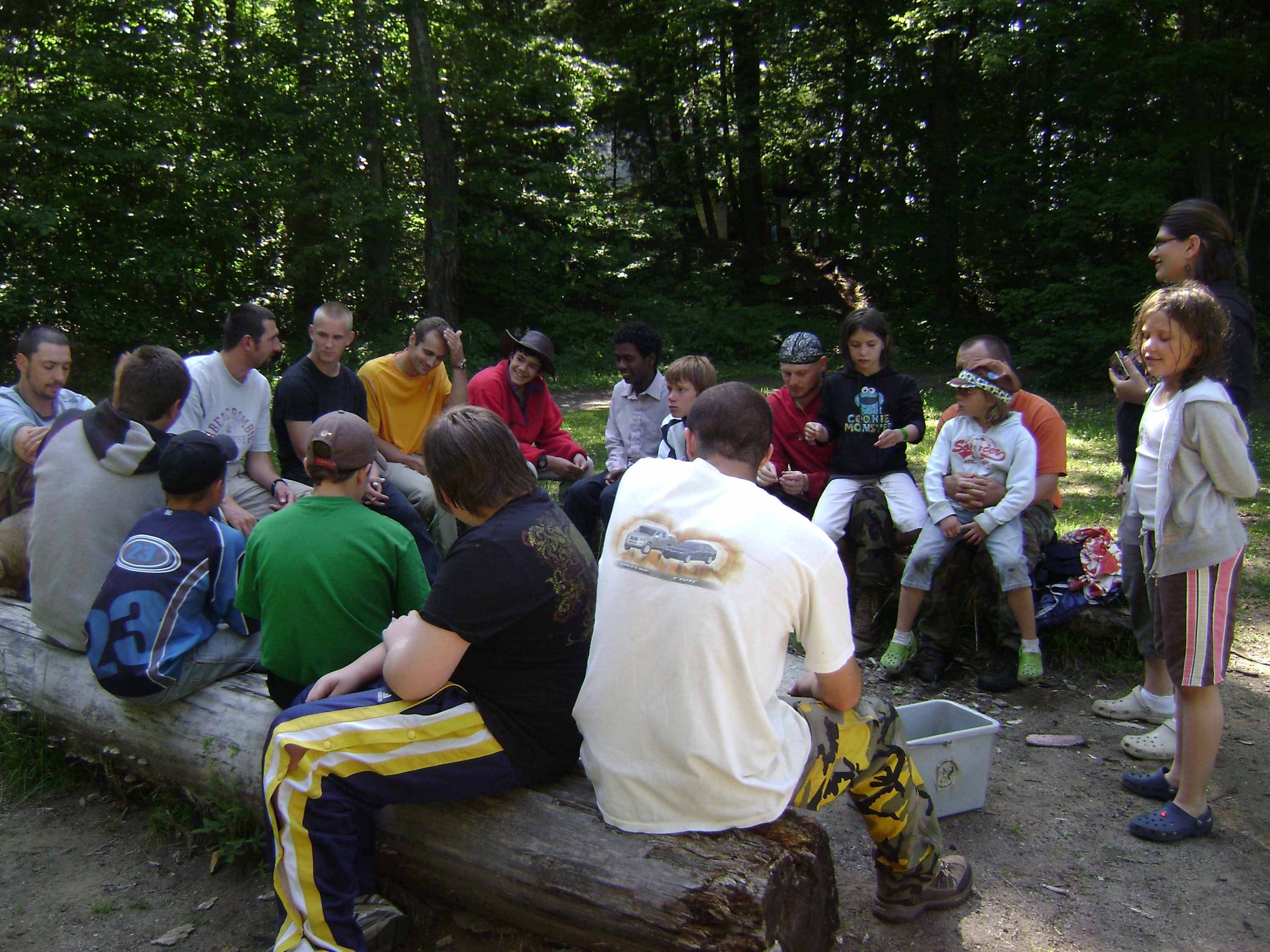
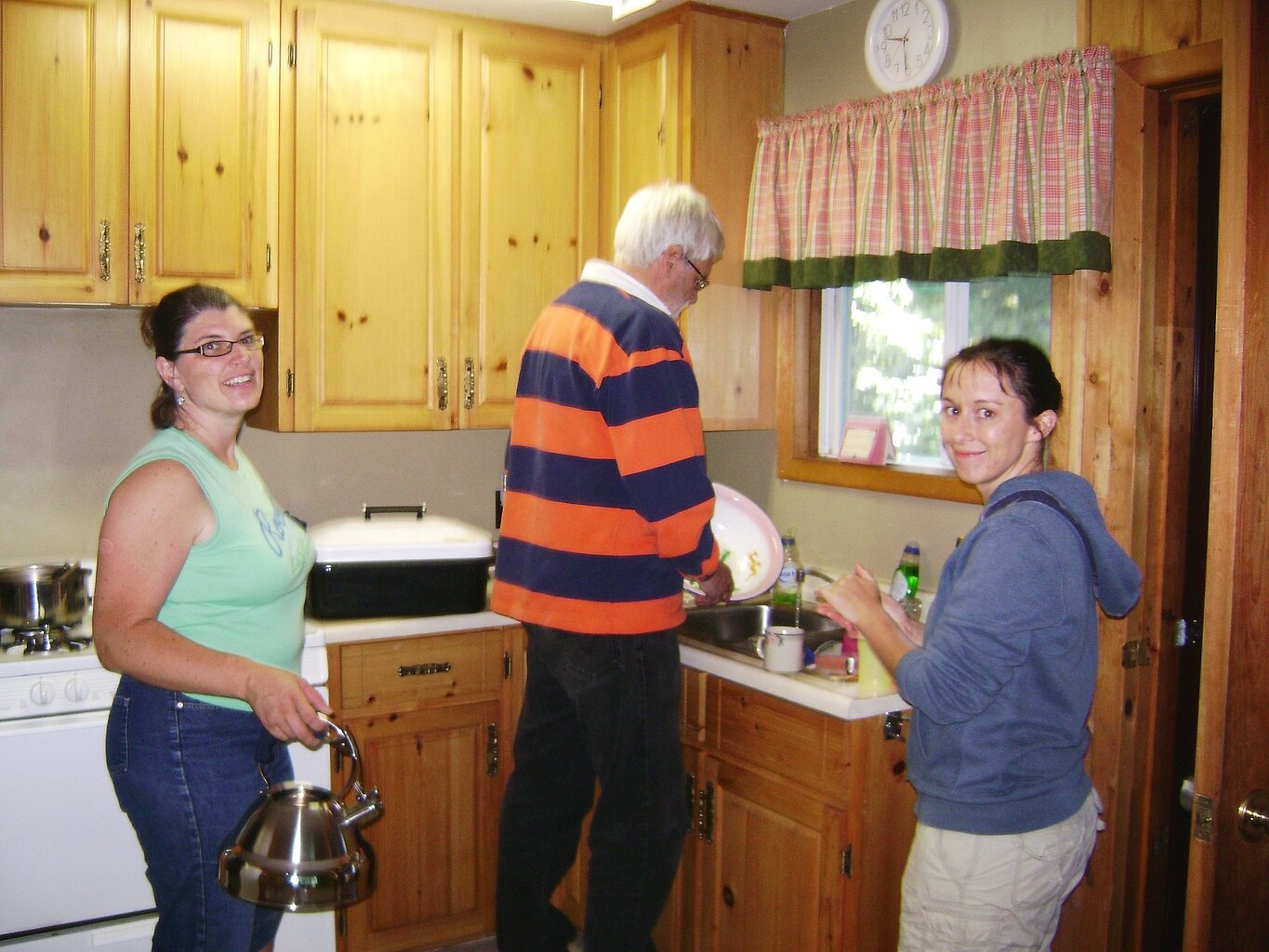

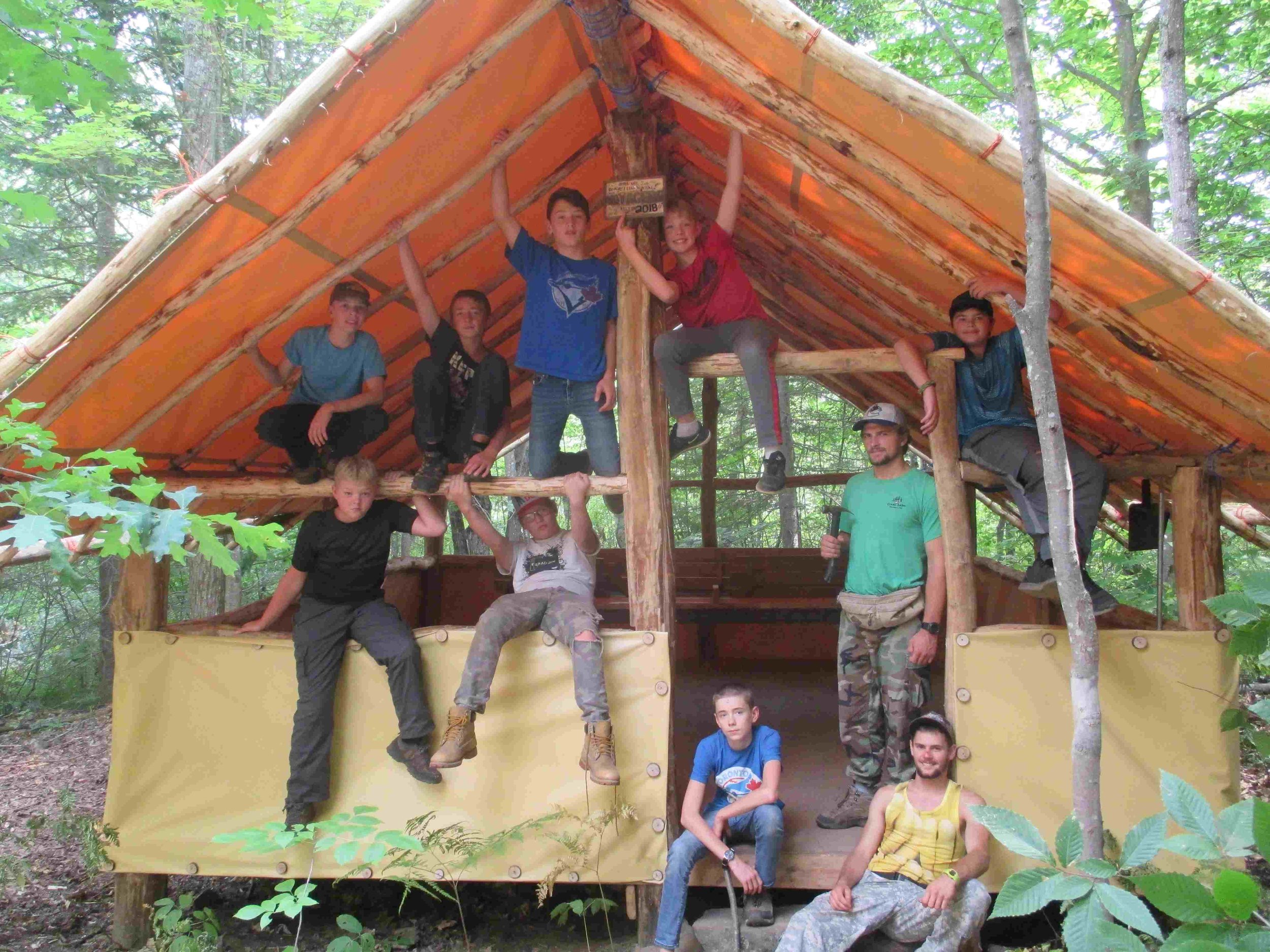
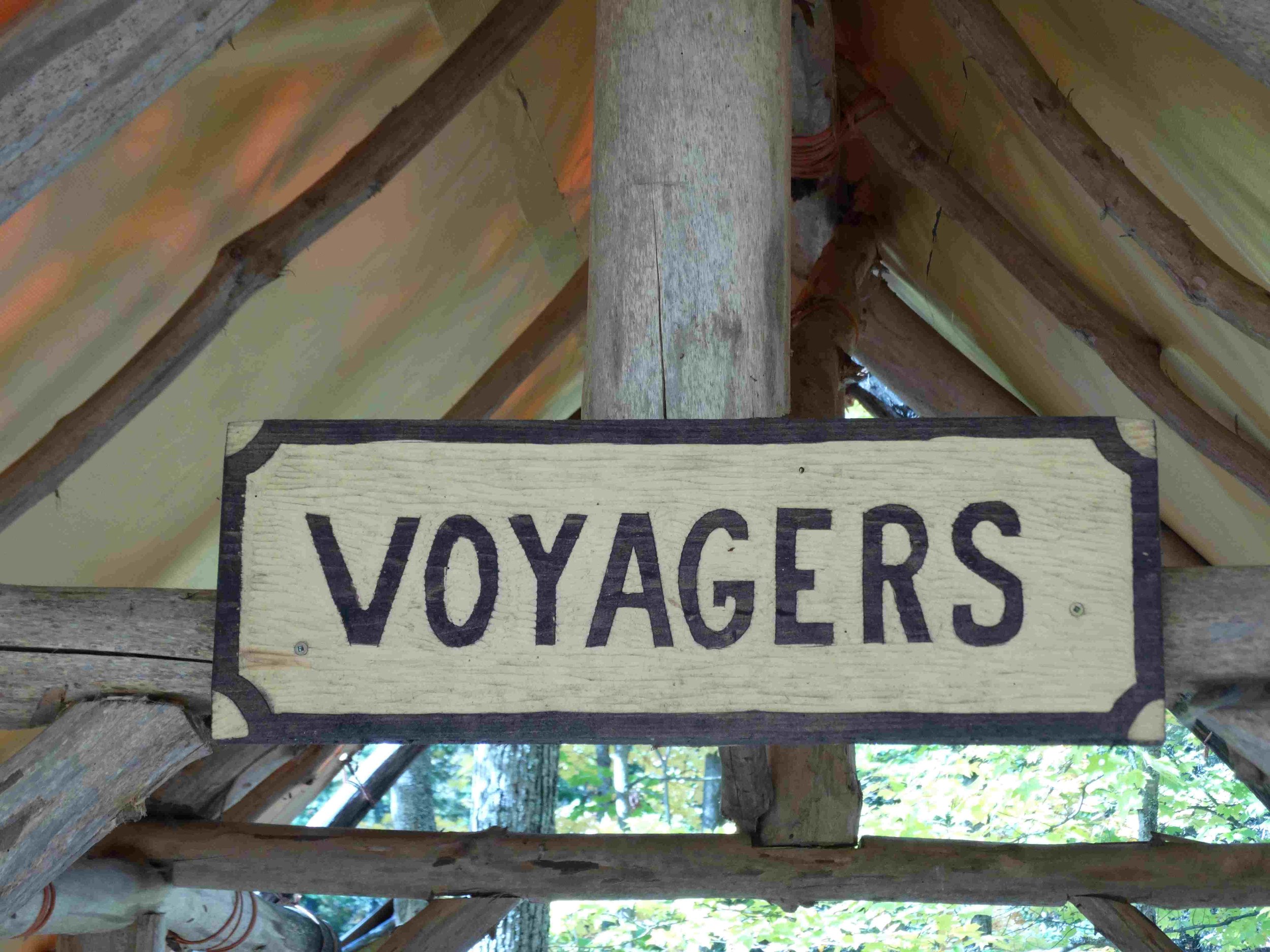
Wilderness Road Therapeutic Camping Association (WRTCA)
The WRTCA is an association of camps that incorporate the therapeutic wilderness camping philosophy developed by Campbell Loughmiller and Buford McKenzie. This association organizes an annual meeting for members. They do not have a website at this time.
Crane Lake Discovery Camp is the only member camp in Canada.
Member camps include:
Fair Play Camp School (boys)
Bald Eagle Boys Camp (boys)
Wilderness Way Girls Camp (girls)
Gator Wilderness Camp School (boys)
Ohio Boys Camp (boys)
Allegany Boys Camp (boys)
Cameron Boys Camp (boys)
Camp Duncan (girls)
Building towards year-round camp
In 2020, the pandemic disrupted the summer program. As the mental health crisis deepened for youth, Ron and the board turned their attention to making year-round camp a reality.
A Ten-Year Plan was created, mapping out the buildings, infrastructure, and other improvements needed to handle the Muskoka winter. The goal? To open our doors for year-round camp in 2023, and to increase that capacity to 40 campers by 2030.
What needed to be done?
Utilities needed to be upgraded to provide stable hydro, heat, internet, and clean water. A new Shower House needed to be built (the old one was undersized and uninsulated). The roads needed to be upgraded to handle winter maintenance.
With a huge team of dedicated volunteers, we set to work.
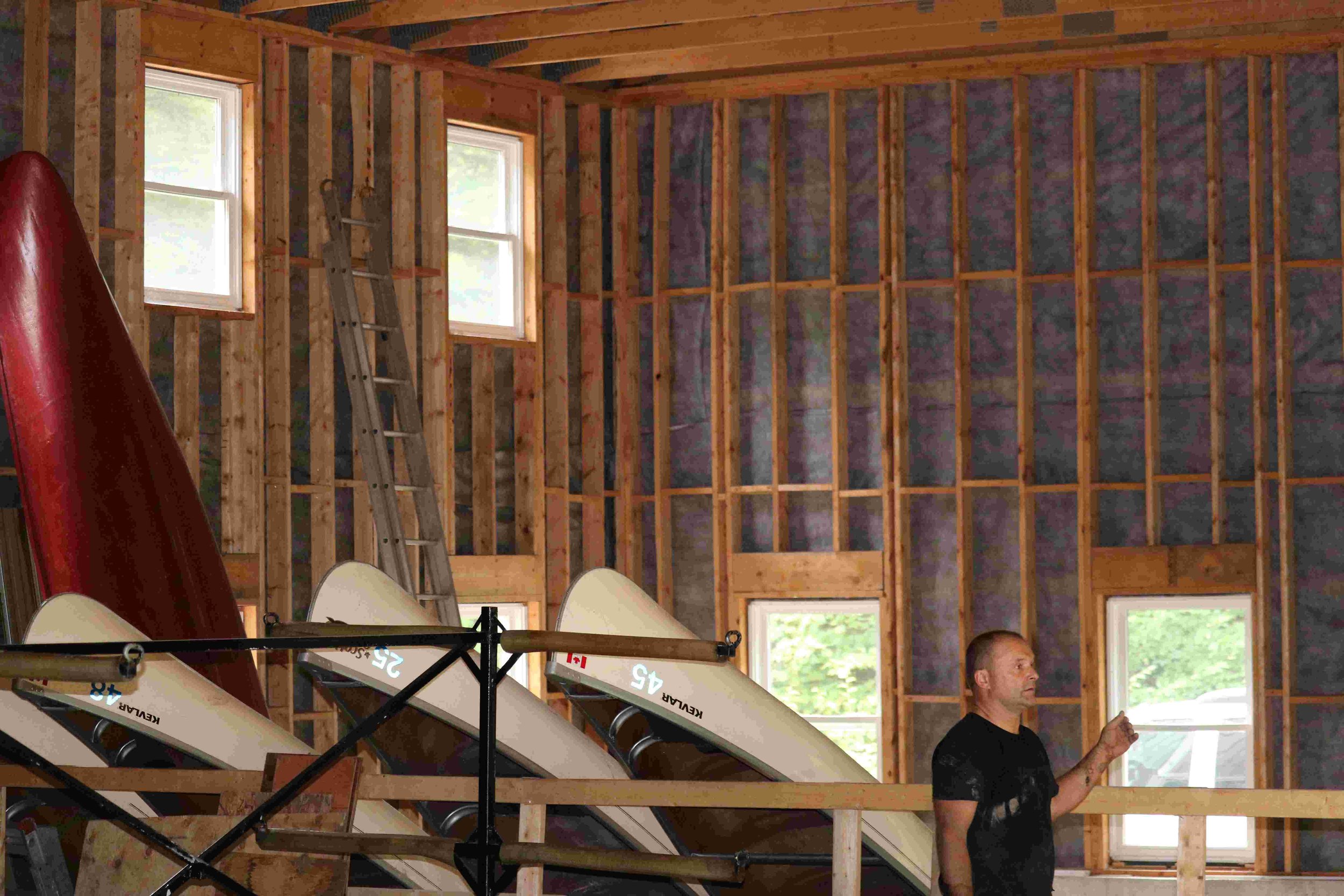
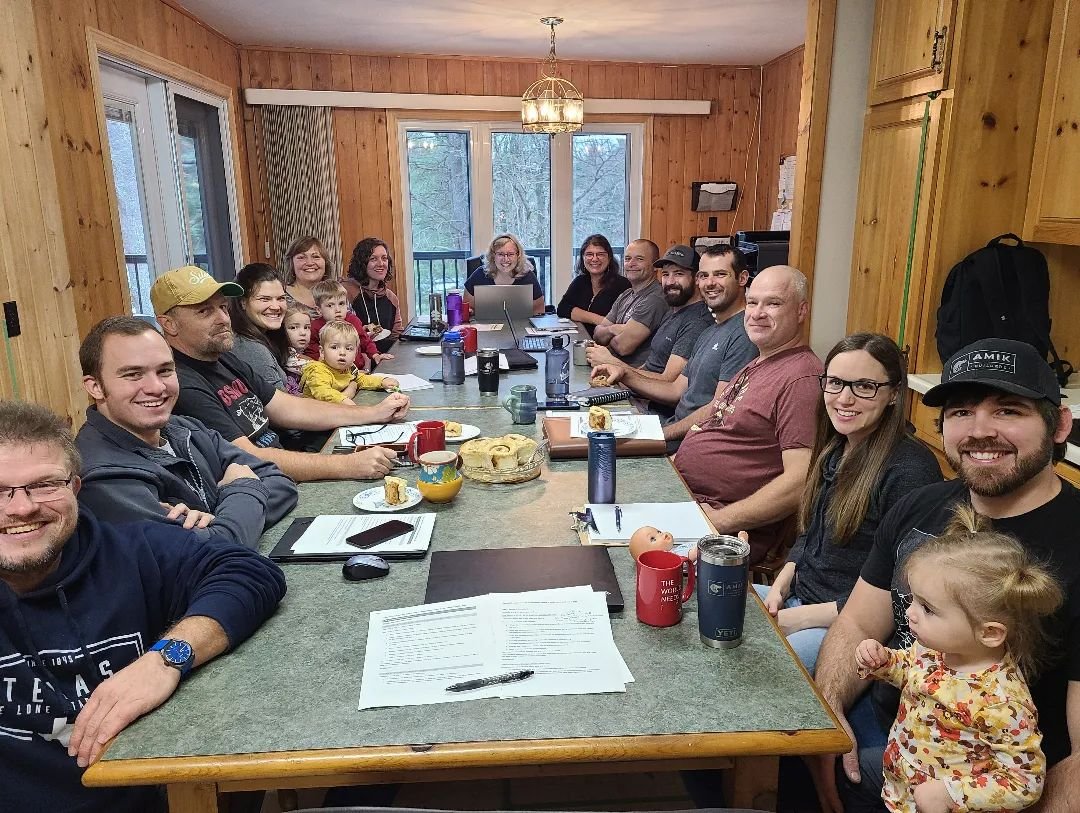
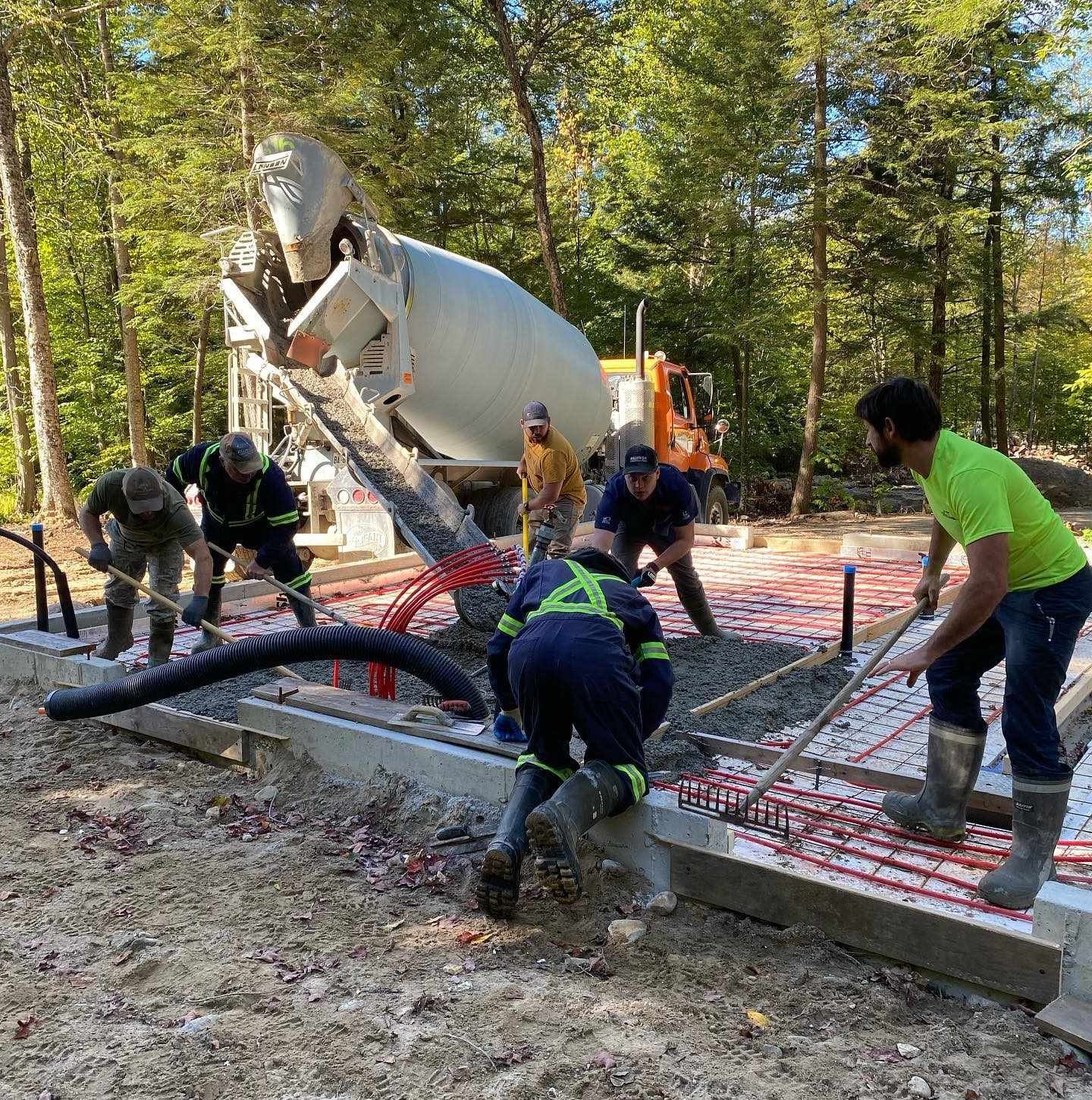
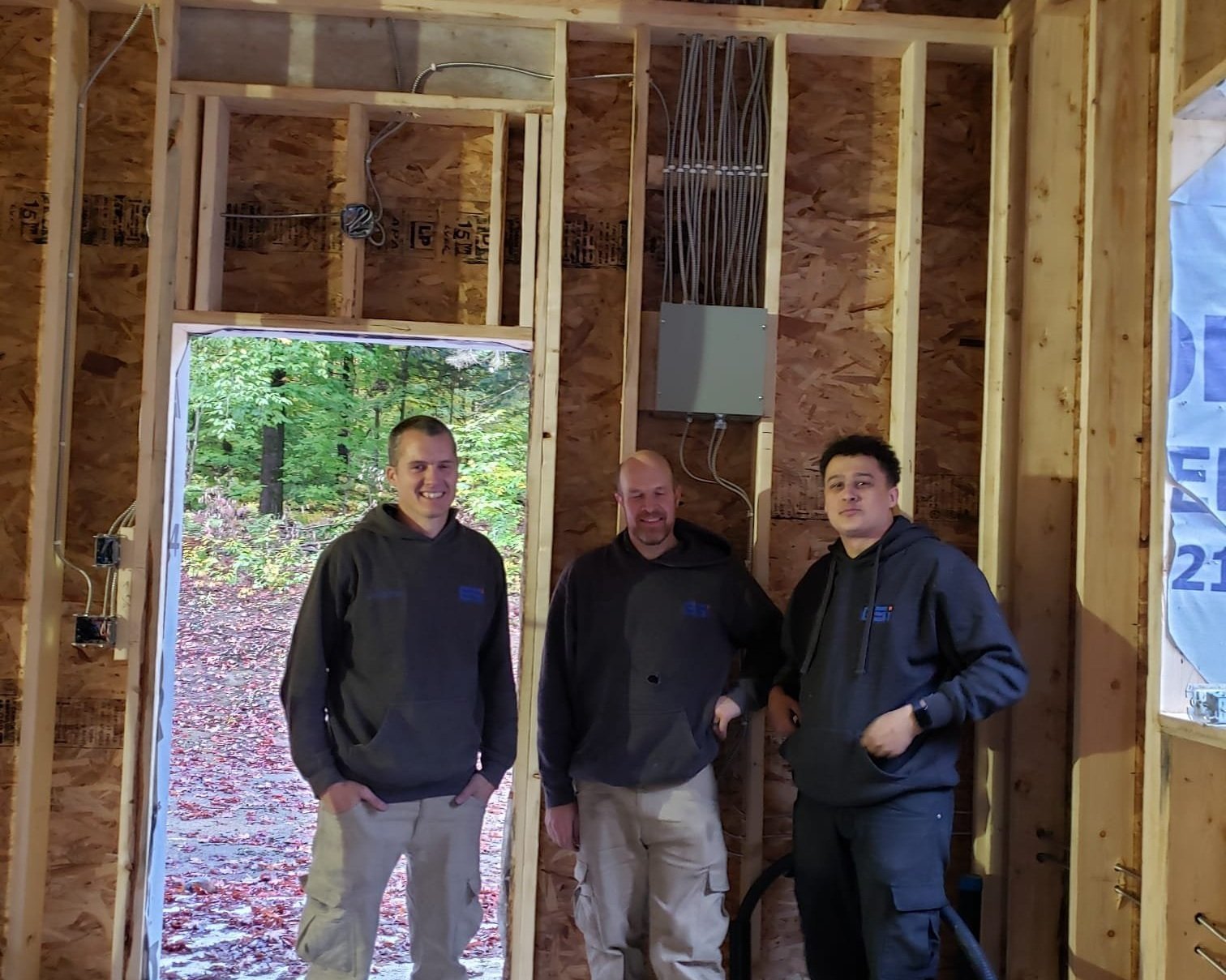
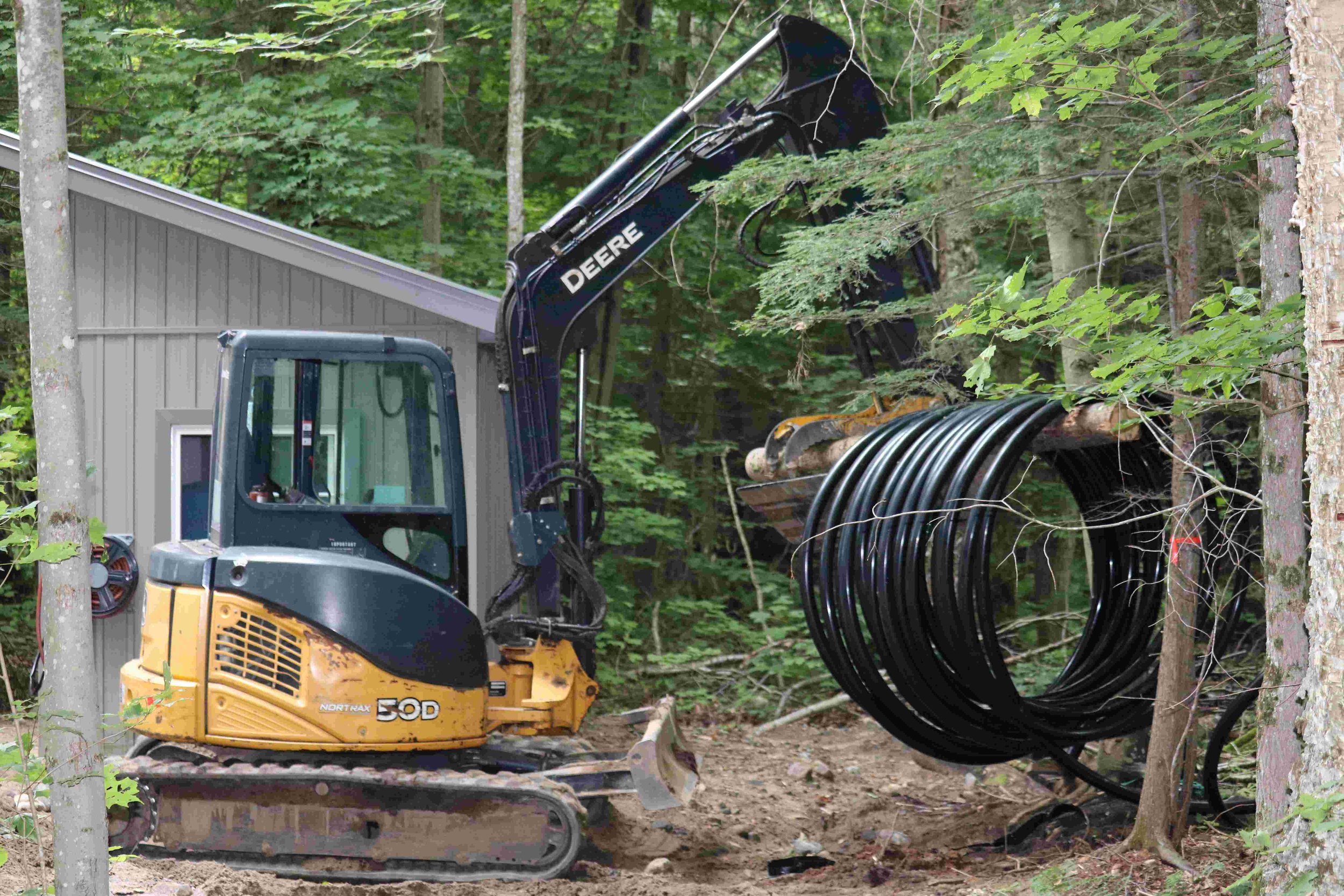
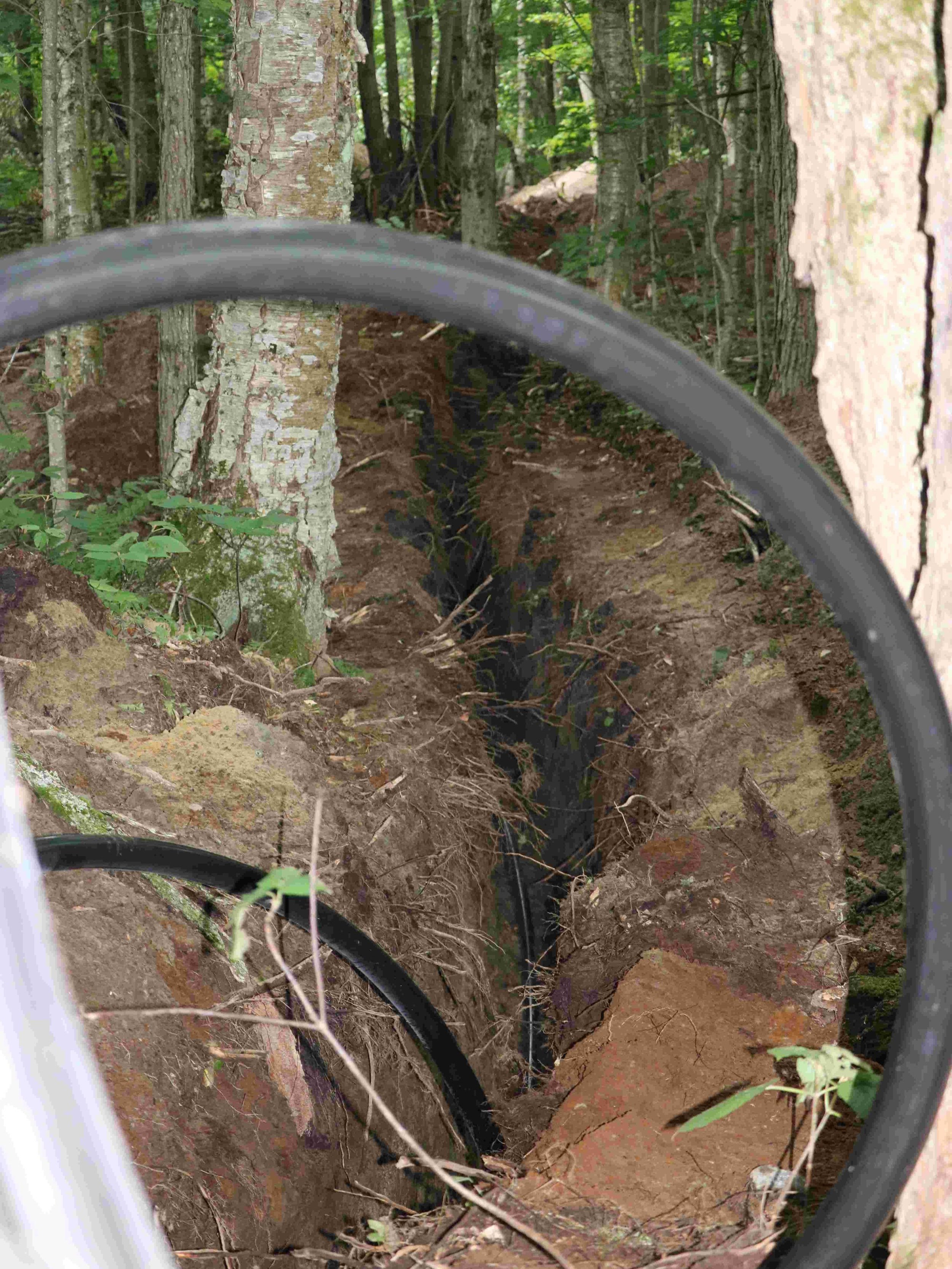
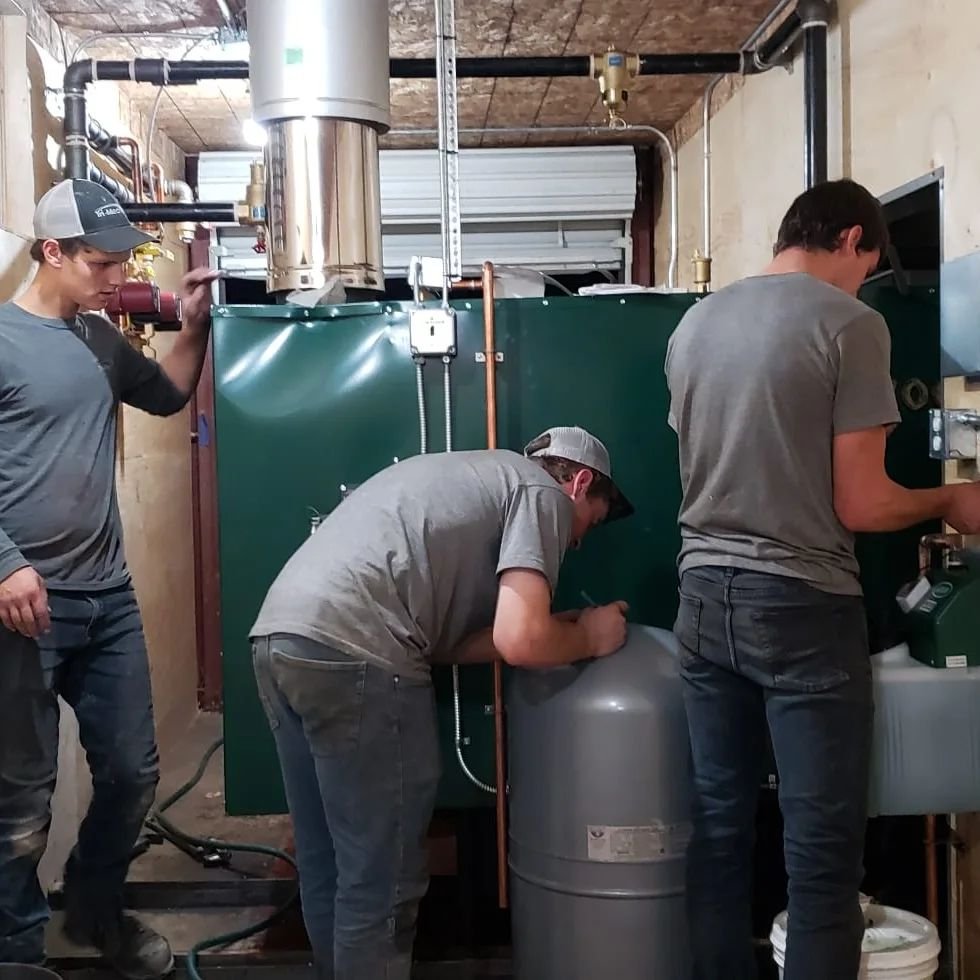
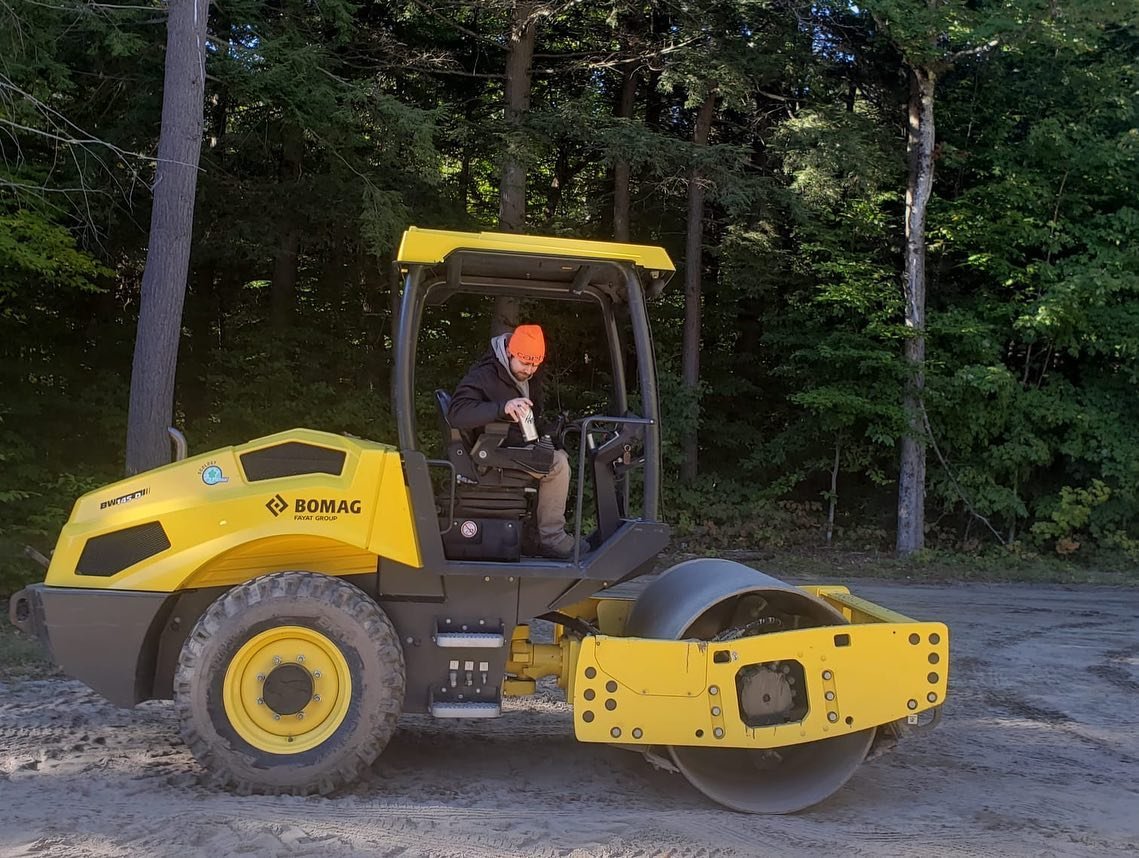
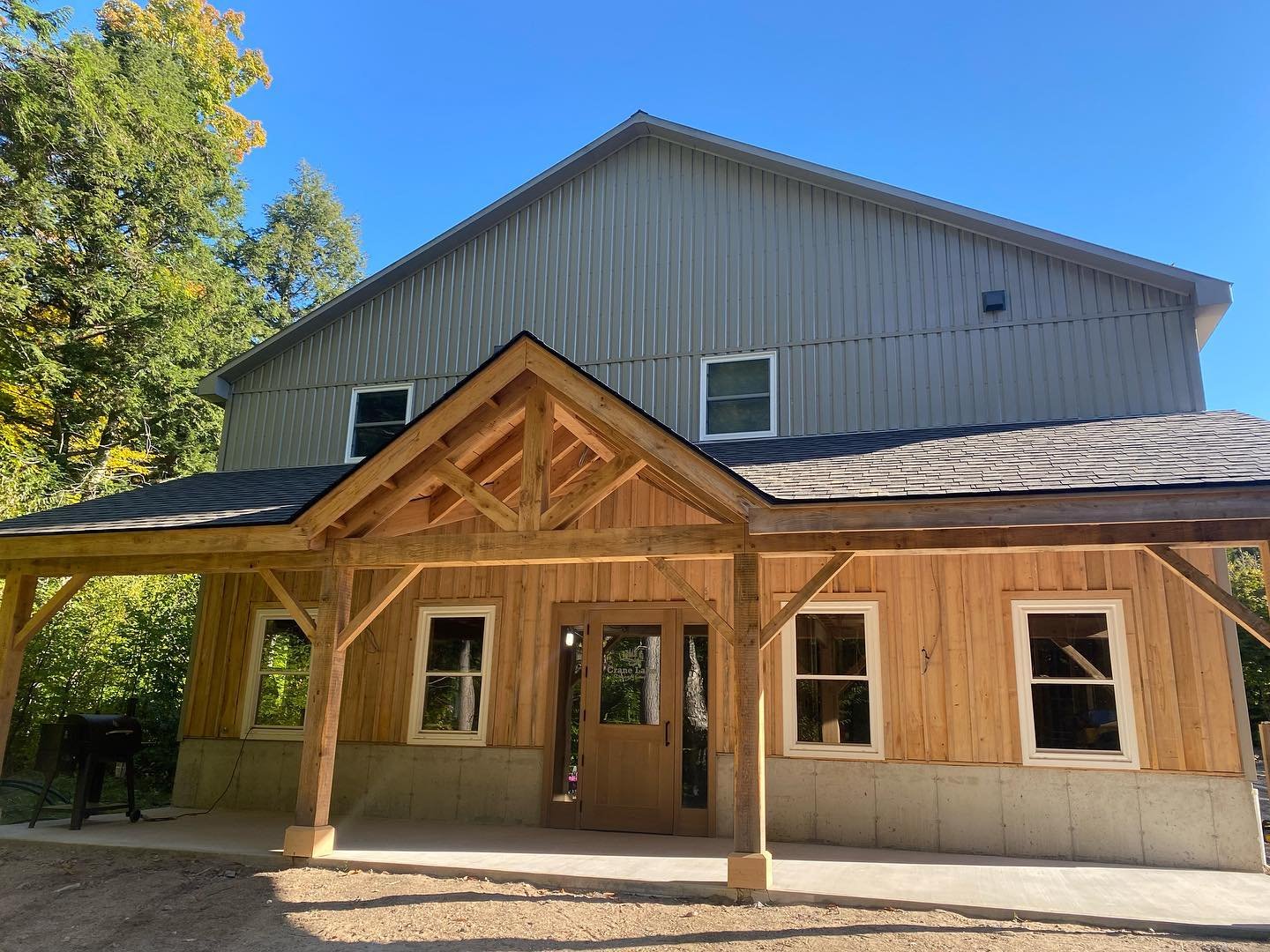
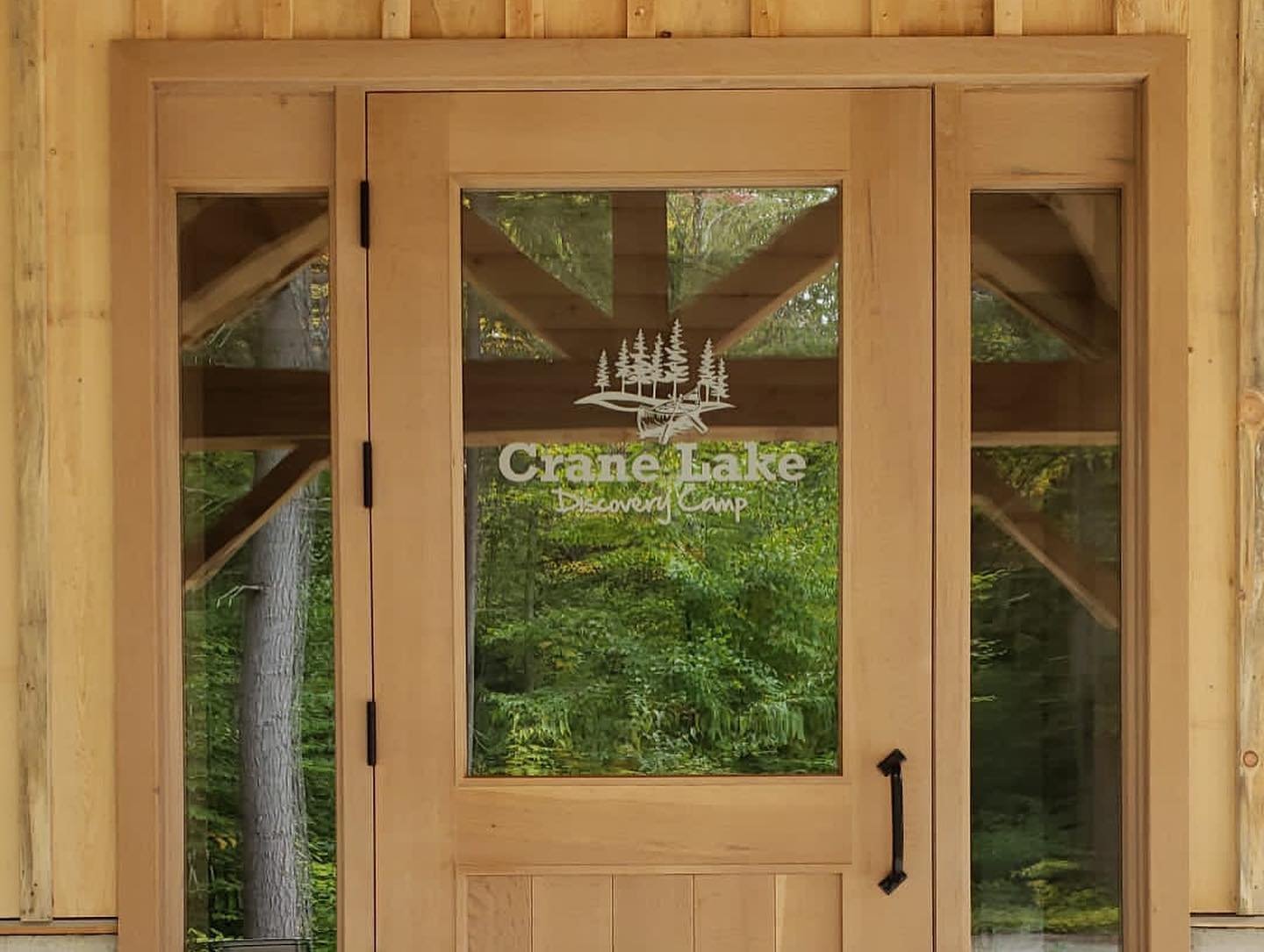
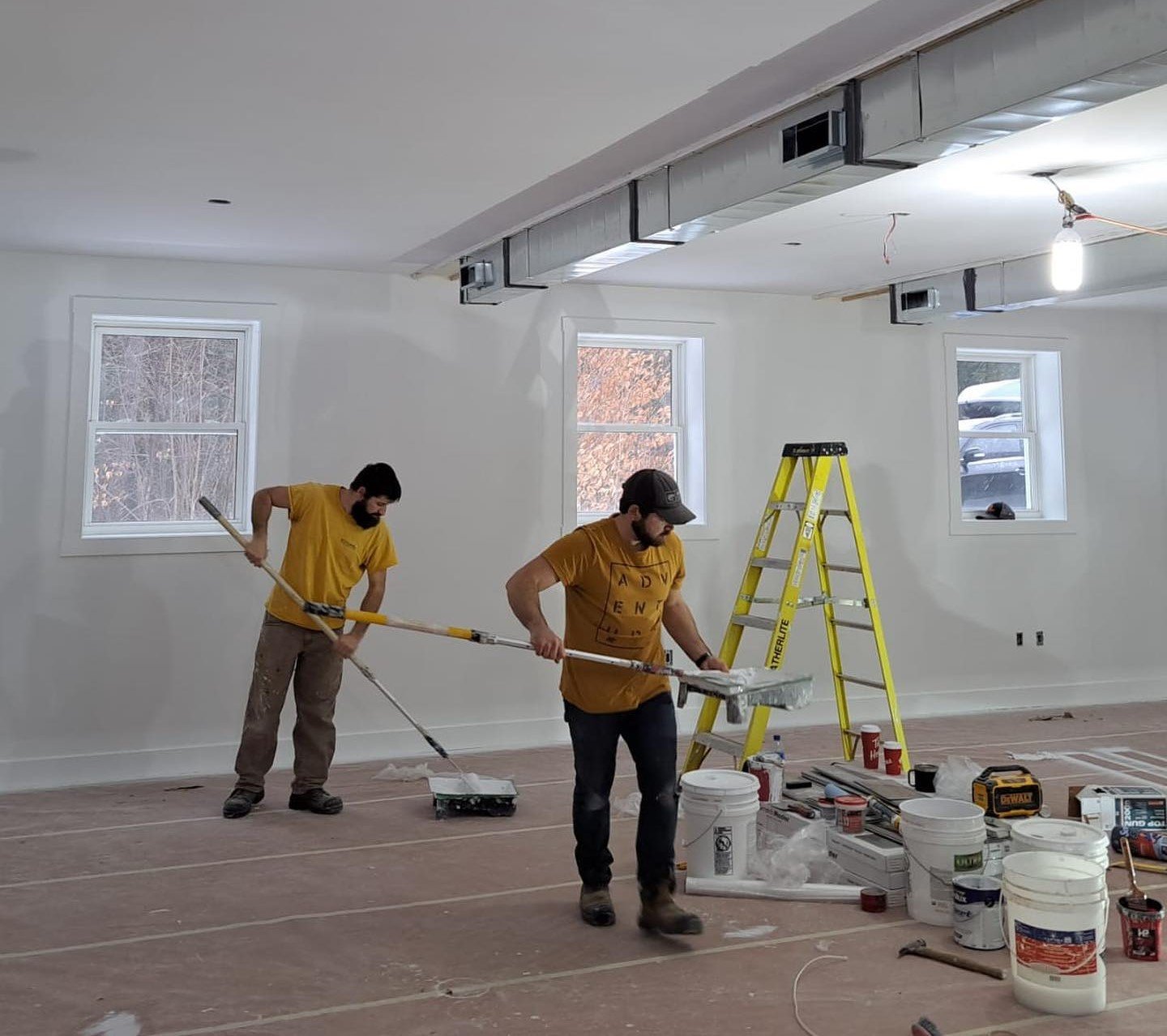
The Winter Pilot Project
Every fall in the history of Crane Lake Discovery Camp, buildings were closed and water lines filled with antifreeze before staff moved south. In 2022, for the first time, three families stayed over the winter to test the buildings and infrastructure.
Ron & Cindy Weber, Kristen & Nick Freeman, and Jen & Nate Weber moved up to camp with an assortment of four young children and pregnancies. Could they keep buildings warm, with fresh water, hydro, and internet? Could they keep the road safely open for all the children?
Though not without challenges, the Winter Pilot was successful. A historic snowfall over Christmas 2022 tested the limits of snow clearing but they were able to keep the road open. Buildings were warm, and even with hydro outages, backup generators flipped on flawlessly. At the Campsite, sleeping tents were warm and cozy with insulation and wood stoves.
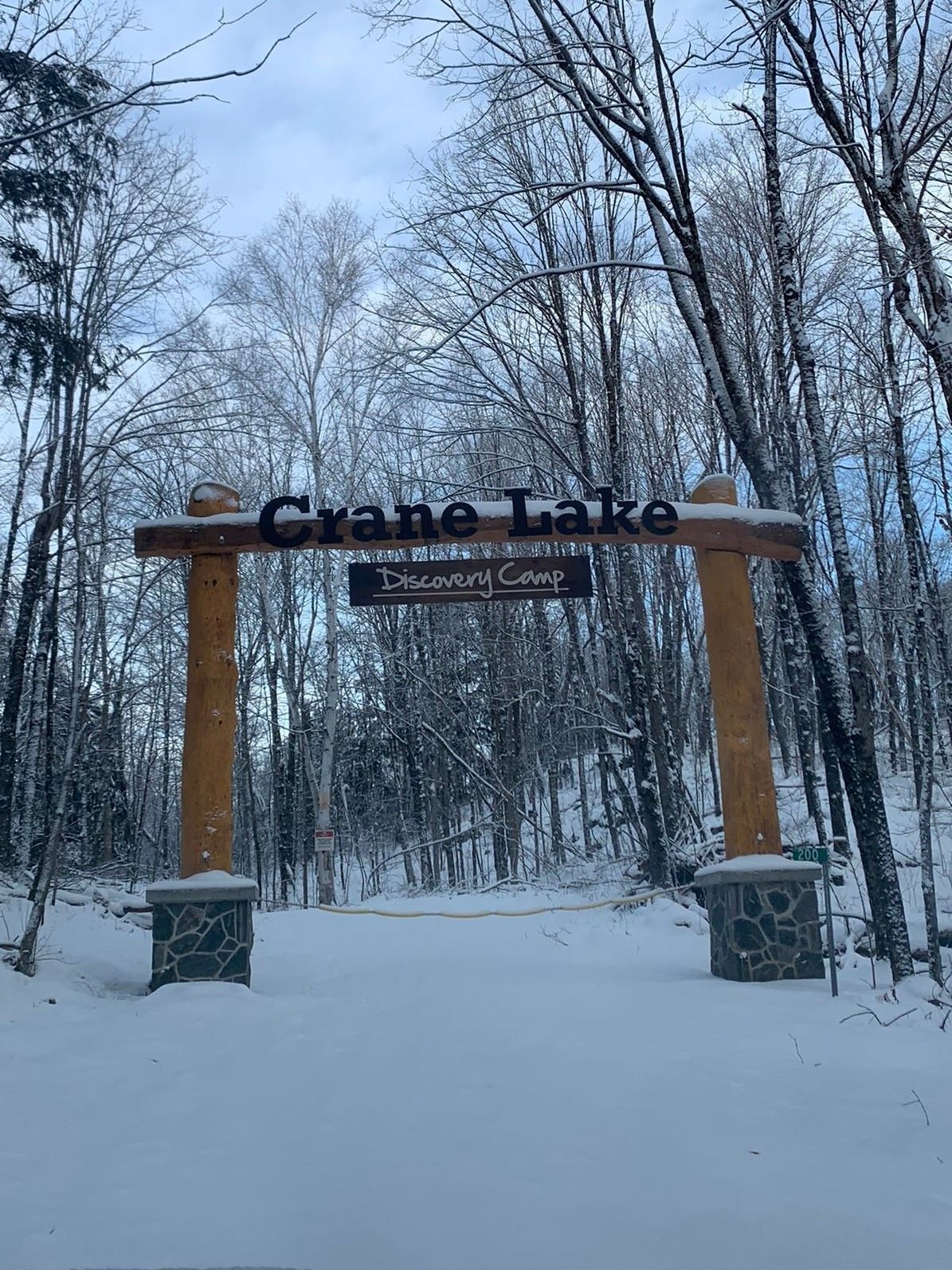
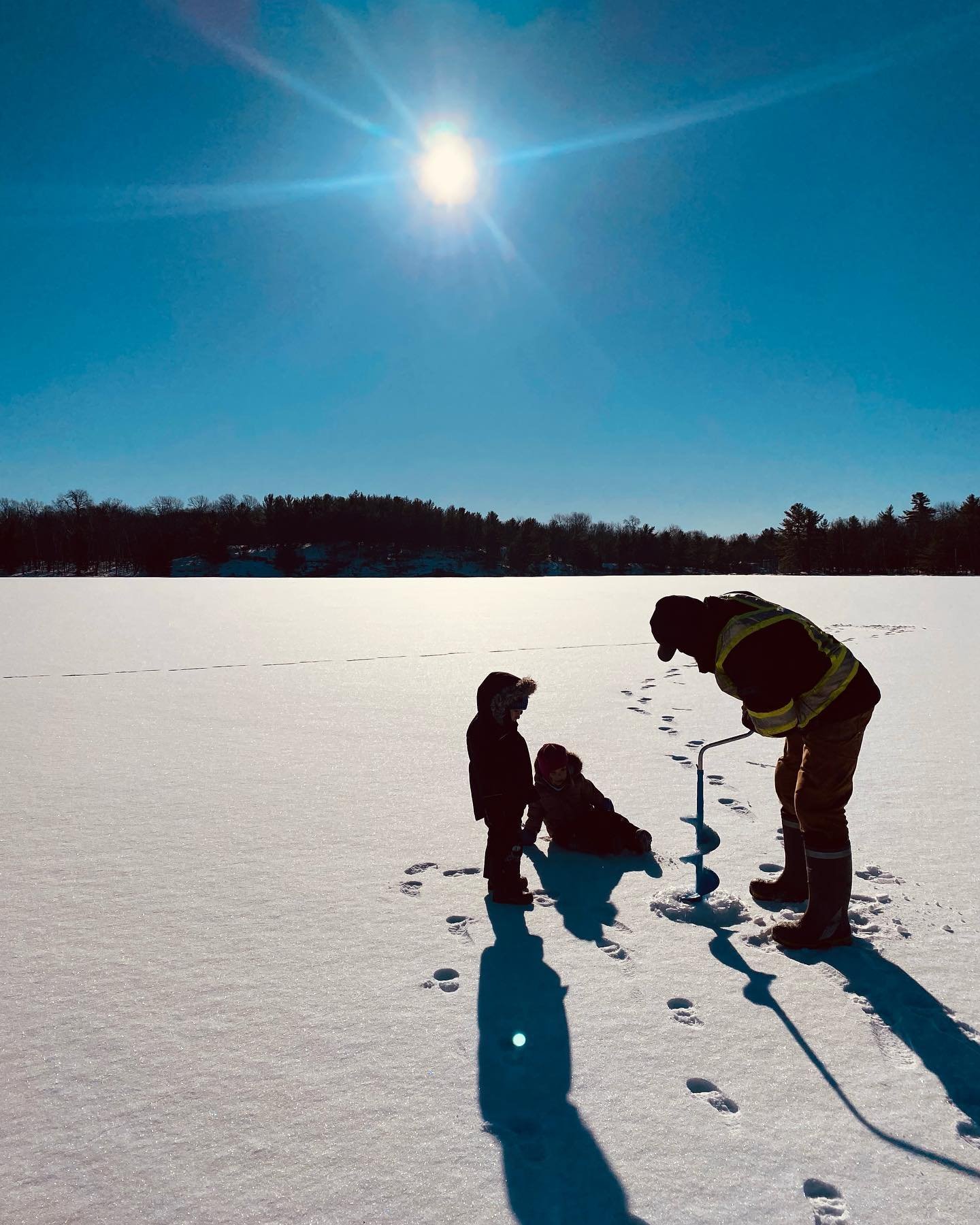

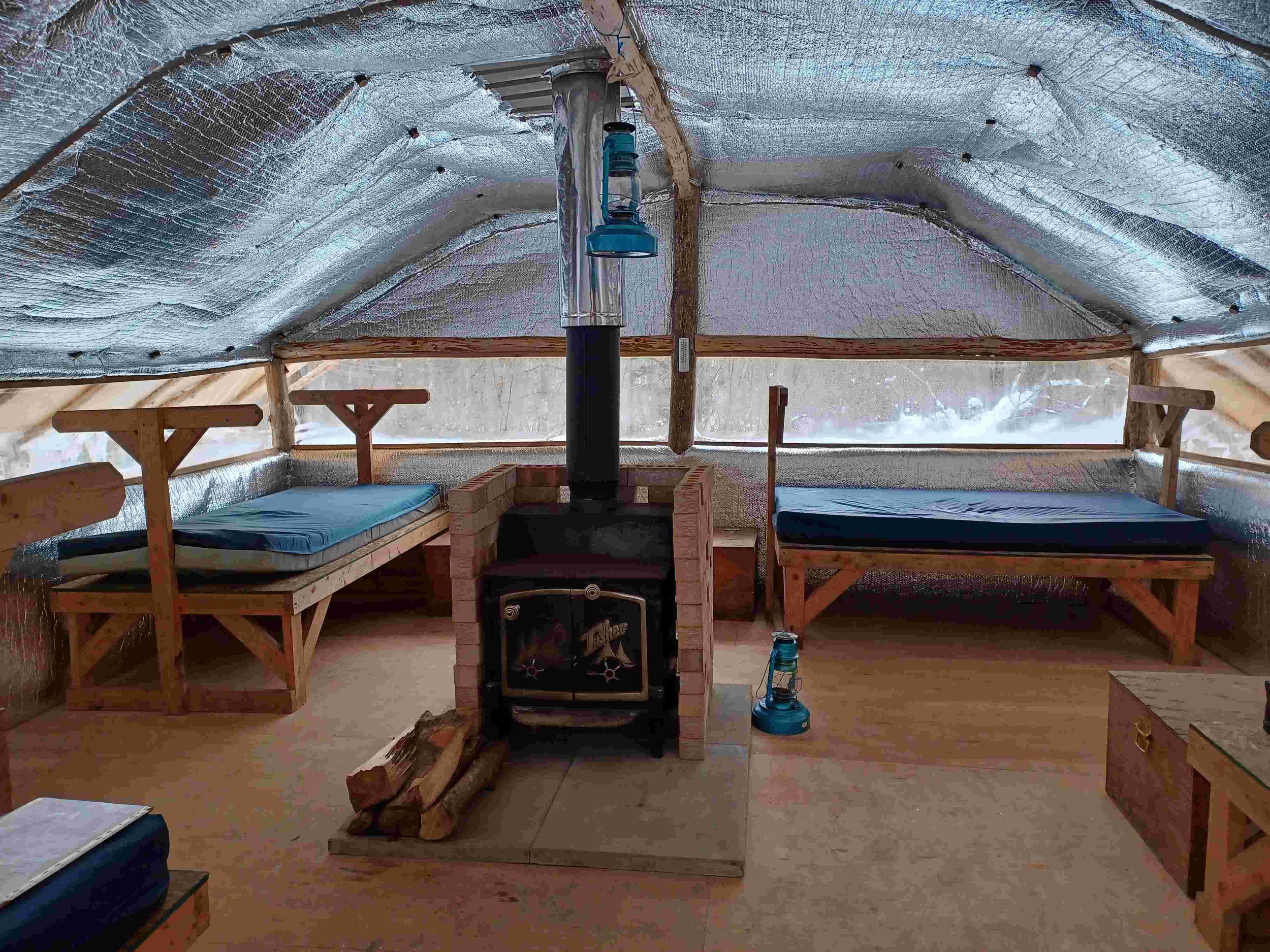

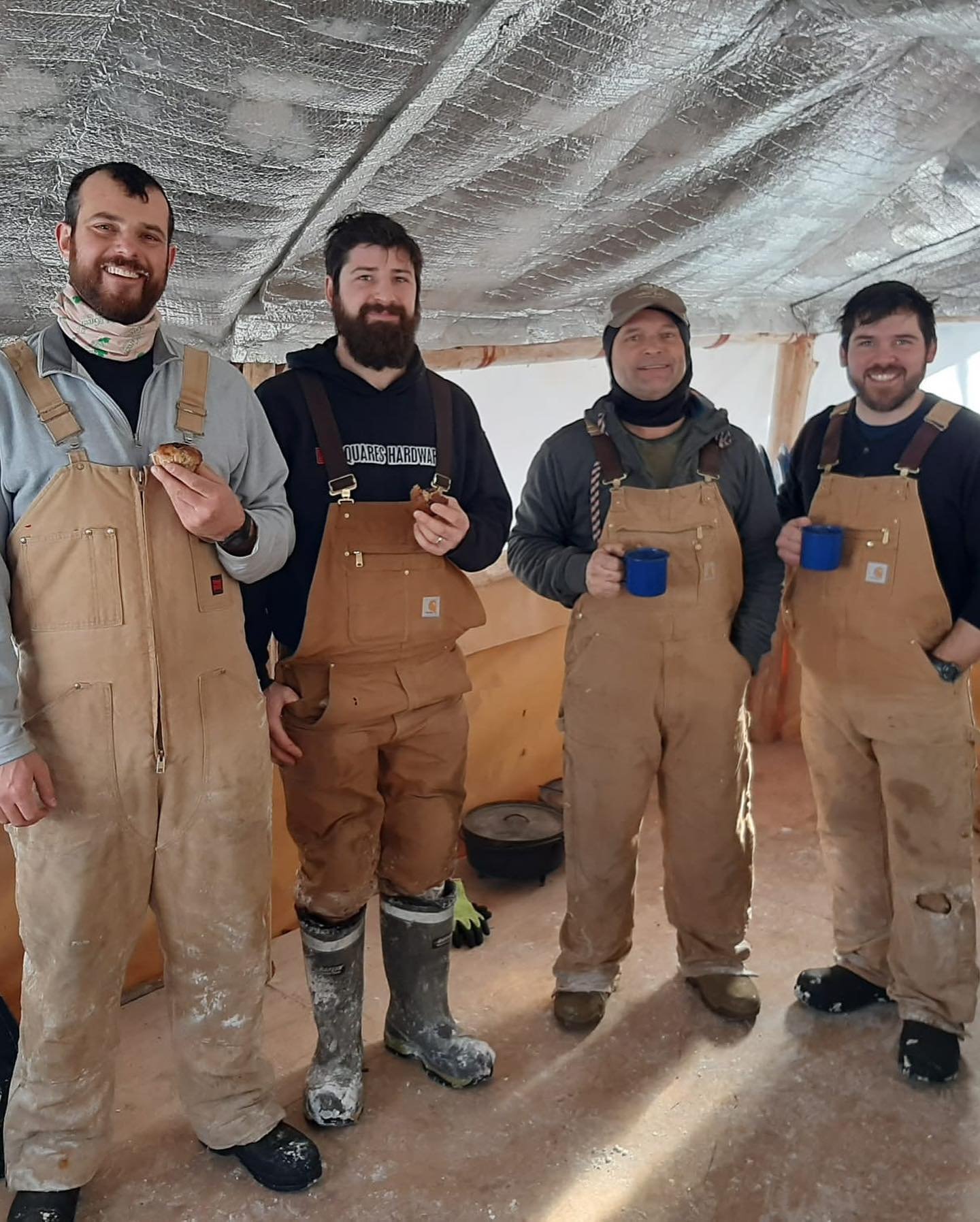
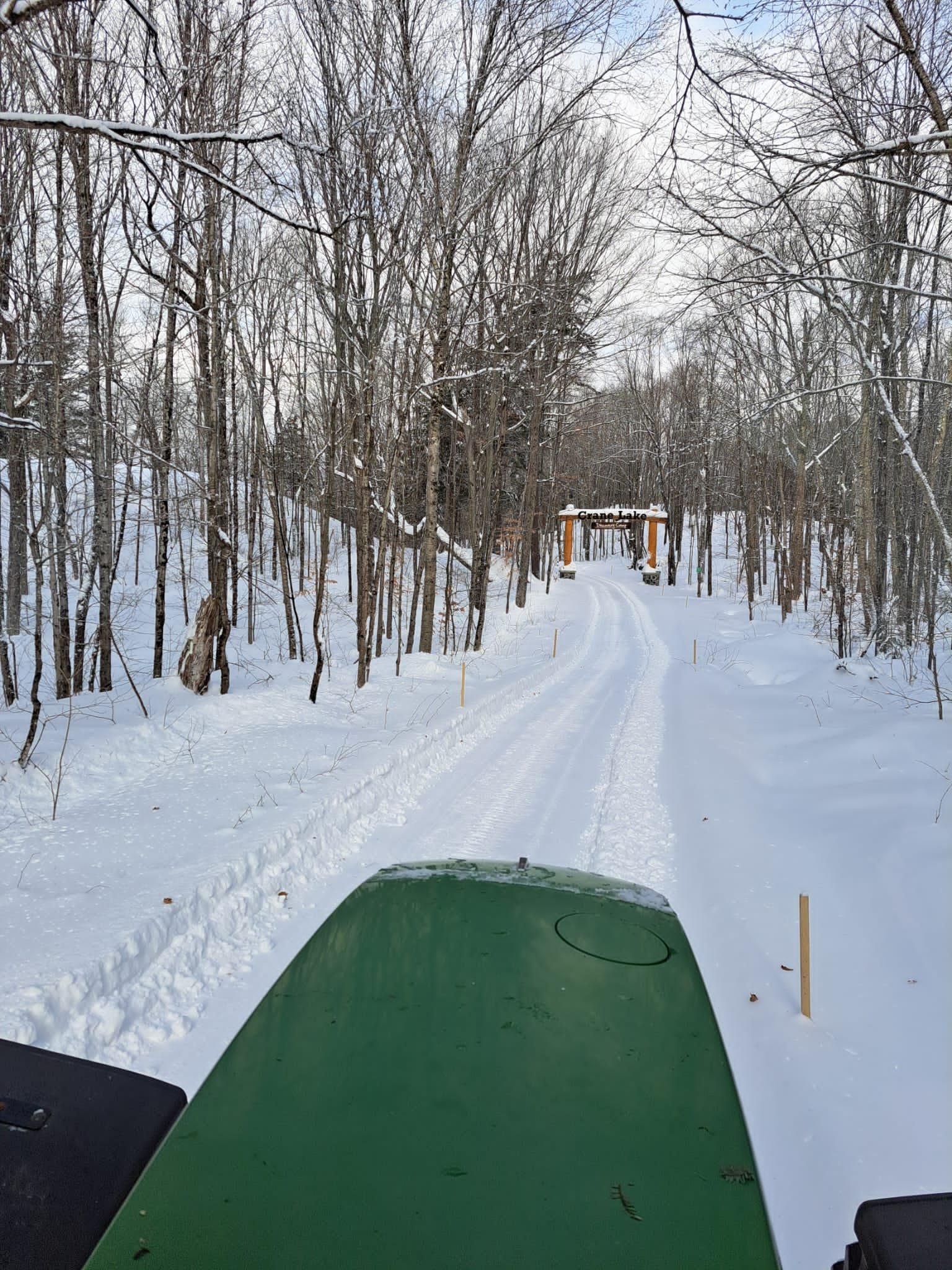
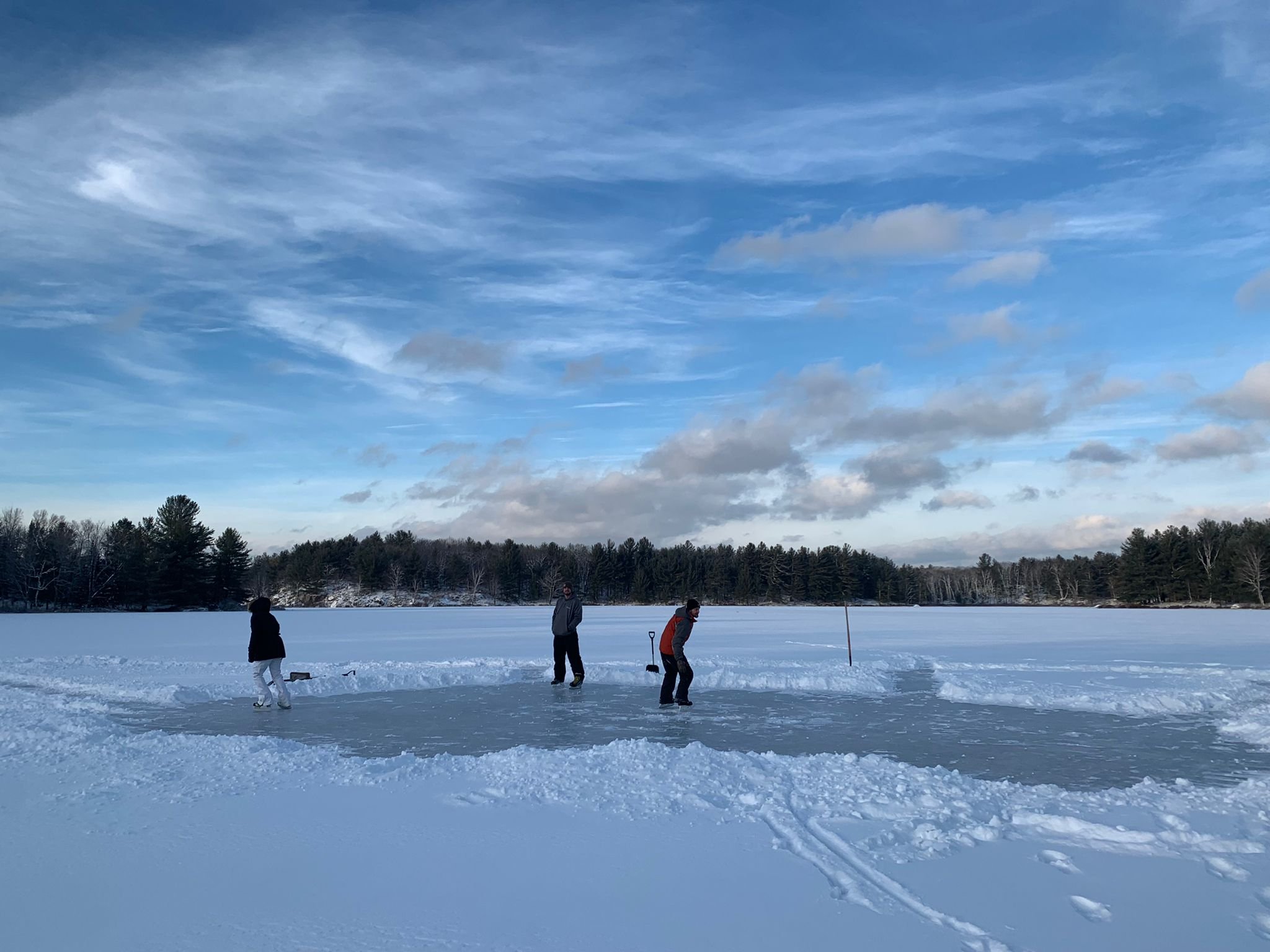
Year-round camp
In September 2023, we will welcome our first group of boys. As they settle into the program, they will be able to take all the time they need to conquer their goals.
We are so excited to be able to welcome them. Our program will run as it always has, with the solid principles of Group Work, Education, Pacing, Wilderness, and Faith.
Now, however, they won’t have to go home when the summer ends. Instead, they can stay, practicing new skills and gaining confidence that their new habits will last a lifetime.
